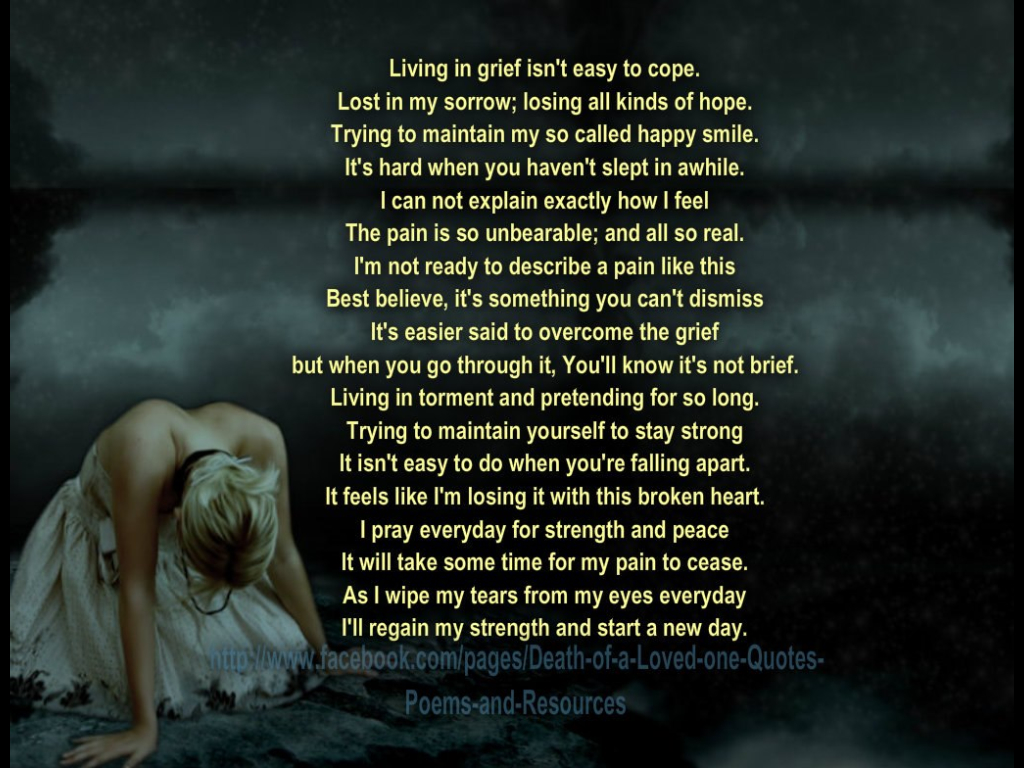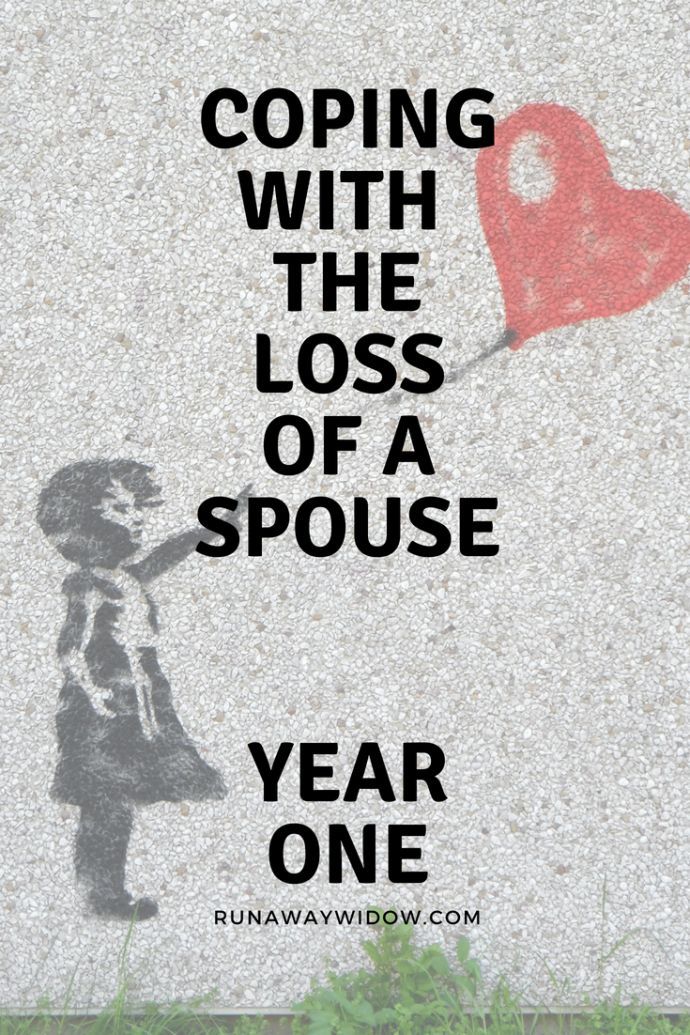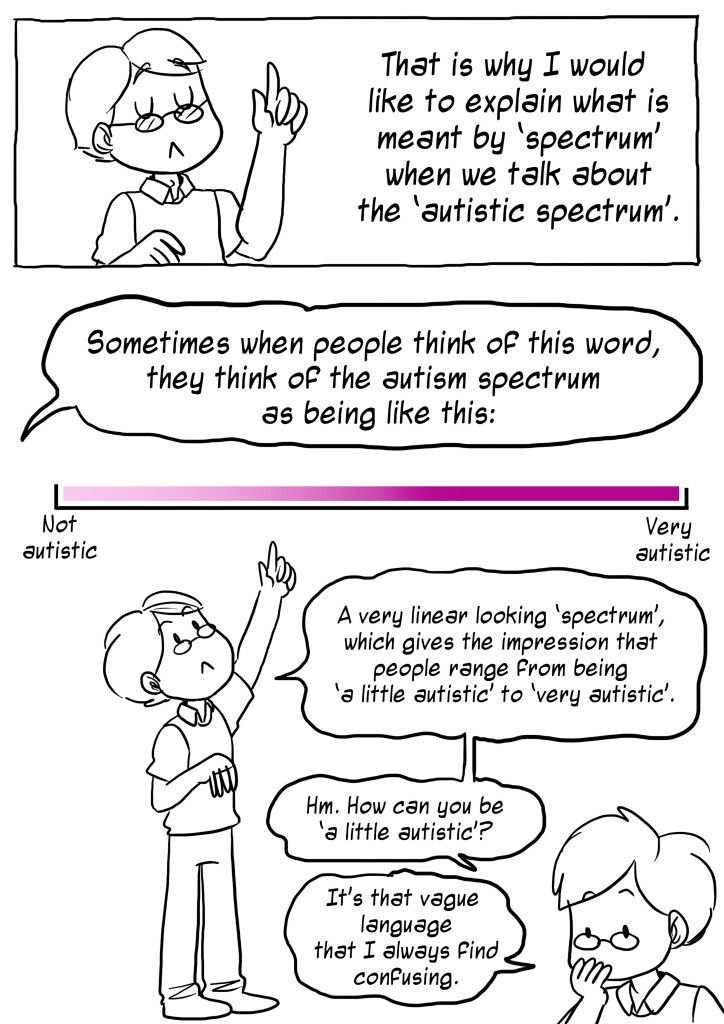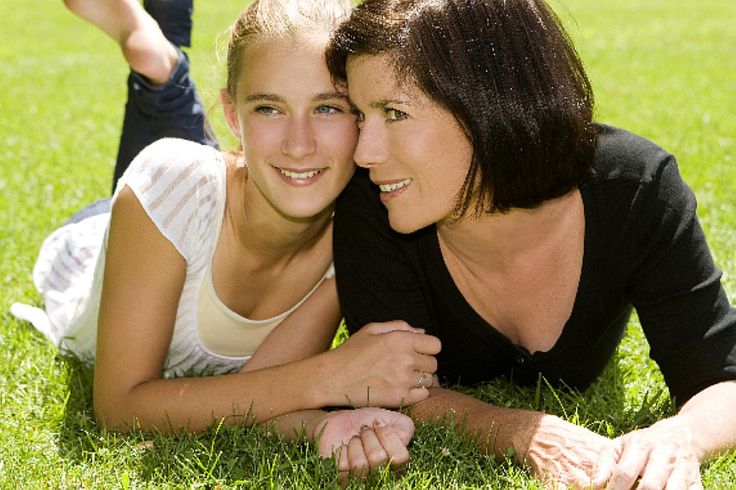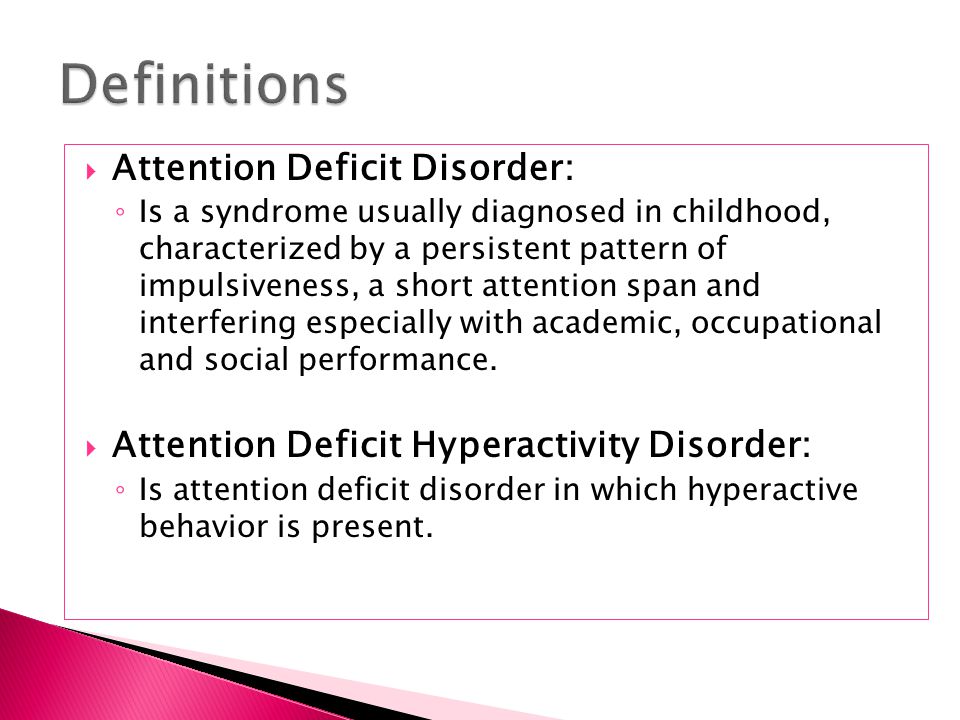Dealing with the loss of a loved one
Seeking Help and Support for Grief and Loss
The importance of support during the grief process
During the time of bereavement and throughout the grief process, a grieving person needs a lot of emotional support. You can read more in Grief and Bereavement. Finding support can be the key to a person’s recovery and acceptance of the loss. Family members, friends, support groups, community organizations, or mental health professionals (therapists or counselors) can all help.
The grieving person must travel through the grief process, and should be allowed to move through it at their own pace. For some people, the grieving process can go on for a long time. This happens more often when a person was very close to the deceased. Sometimes this leads to what is known as complicated grief.
Complicated grief
If what's considered to be "normal grieving" does not occur, or if the grieving goes on for a long time without any progress, it’s called “complicated grief” or “unresolved grief. ” Symptoms of complicated grief might include:
- Continued disbelief in the death of the loved one, or emotional numbness over the loss
- Inability to accept the death
- Feeling preoccupied with the loved one or how they died
- Intense sorrow and emotional pain, sometimes including bitterness or anger
- Unable to enjoy good memories about the loved one
- Blaming oneself for the death
- Wishing to die to be with the loved one
- Excessively avoiding reminders of their loss
- Continuous yearning and longing for the deceased
- Feeling alone, detached from others, or distrustful of others since the death
- Trouble pursuing interests or planning for the future after the death of the loved one
- Feeling that life is meaningless or empty without the loved one
- Loss of identity or purpose in life, feeling like part of themselves died with the loved one
For some people who are taking care of a loved one with a long-term illness, complicated grief can actually start while their loved one is still alive.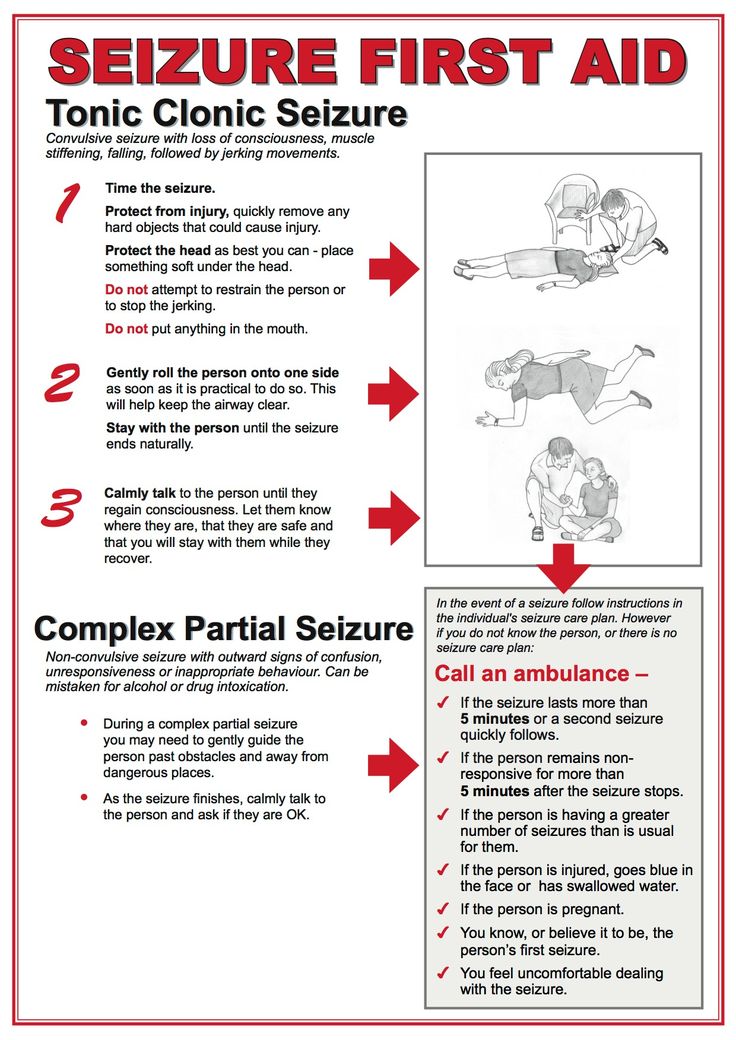 Caregivers under severe stress, especially if the outlook is bleak, may be at higher risk of having abnormal grief even before the death.
Caregivers under severe stress, especially if the outlook is bleak, may be at higher risk of having abnormal grief even before the death.
If you or anyone close to the deceased has any of the above symptoms of complicated grief, talk with a health care provider or mental health professional. Certain kinds of mental health treatment have been shown to help people with complicated grief. Treatment is important, since people with complicated grief are at risk of their emotional illness getting worse, and are at higher risk of committing suicide.
Coping with loss
Ideally, a bereaved person will be able to work through the process of grieving. With time and support, they’ll accept and make sense of the loss, work through the pain, and adjust to a life without their loved one physically being present.
If you or someone you know has lost a loved one, the following tips may help you cope with the loss:
- Let yourself feel the pain and all the other emotions, too.
 Don’t tell yourself how to feel or let others tell you how you should feel.
Don’t tell yourself how to feel or let others tell you how you should feel. - Be patient with the process. Don’t pressure yourself with expectations. Accept that you need to experience your pain, your emotions, and your own way of healing − all in your own time. Don’t judge your emotions or compare yourself to others. Remember that no one else can tell you how you should mourn or when to stop.
- Acknowledge your feelings, even the ones you don’t like. Let yourself cry. You need to do both for healing.
- Get support. Talk about your loss, your memories, and your experience of the life and death of your loved one. Don’t think you are protecting your family and friends by not expressing your sadness. Ask others for what you need. Find and talk to others who have lost a loved one.
- Try to maintain your normal lifestyle. Don’t make any major life changes (for example, moving, changing jobs, changing important relationships) during the first year of bereavement.
 This will let you keep your roots and some sense of security.
This will let you keep your roots and some sense of security. - Take care of yourself. Eat well and exercise. Physical activity is a good way to release tension. Allow yourself physical pleasures that help you renew yourself, like hot baths, naps, and favorite foods.
- Avoid drinking too much alcohol or using other drugs. This can harm your body as well as dull your emotions. It’s also likely to slow your recovery and may cause new problems.
- Forgive yourself for all the things you did or didn’t say or do. Compassion and forgiveness for yourself and others is important in healing.
- Give yourself a break from grief. You must work through it, but you don’t need to focus on grief all the time. Find distractions like going to a movie, dinner, or a ball game; reading a good book; listening to music; or getting a massage or manicure.
- Prepare for holidays, birthdays, and anniversaries knowing that strong feelings may come back. Decide if you want to keep certain traditions or create new ones.
 Plan in advance how you want to spend your time and with whom. Do something to honor the memory of your loved one.
Plan in advance how you want to spend your time and with whom. Do something to honor the memory of your loved one. - Join a bereavement support group. Other people can encourage, guide, and comfort you. They can also offer practical advice and information, and help you feel less alone. If you can’t find a group near you, online groups may be helpful.
- When you feel ready, do something creative. Some options include:
- Write a letter to the person who died to say everything you wish you could say to them.
- Start keeping a journal.
- Make a scrapbook.
- Paint pictures.
- Plant flowers or trees.
- Involve yourself in a cause or activity that the deceased loved.
Family changes after a loss
When a loved one dies, it affects all their family members and loved ones. Each family finds its own ways of coping with death. A family’s attitudes and reactions are shaped by cultural and spiritual values as well as by the relationships among family members.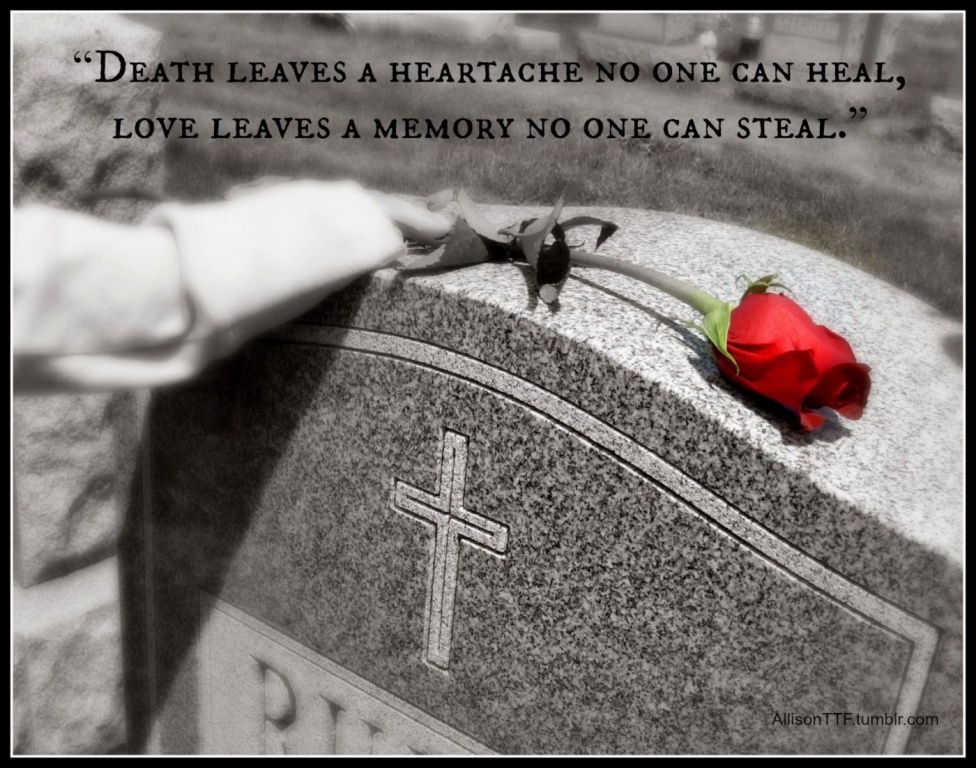 It takes time for a bereaved family to regain its balance.
It takes time for a bereaved family to regain its balance.
It’s important that each family member be able to grieve with one another to help the family cope. Each person will experience the loss differently and have different needs. As hard as it may be, it’s important for family members to be open and honest when talking with each other. This is not the time for family members to hide their emotions to try and protect one another.
The loss of one person in a family means that roles in the family will change. Family members will need to talk about the effects of this change and work out the shift in responsibilities. This time of change is stressful for everyone. This is a time to be even more gentle and patient with each other.
Losing a child
Facing the death of a child may be the hardest thing a parent ever has to do. People who have lost a child have stronger grief reactions. They often have more anger, guilt, physical symptoms, greater depression, and a loss of meaning and purpose in life. A loss is tragic at any age, but the sense of unfairness of a life unfulfilled magnifies the anger and rage parents feel.
A loss is tragic at any age, but the sense of unfairness of a life unfulfilled magnifies the anger and rage parents feel.
A longer and slower bereavement and recovery should be expected when someone loses a child. The grief may get worse with time as the parents see others going through the milestones they expected to pass with their child.
Bereaved parents especially may be helped by a grief support group. These groups may be available in the local community. You can ask your child’s cancer care team for referral to counseling or local groups.
Getting professional help
Bereavement counseling is a special type of professional help. You may be able to find it through hospice services or a referral from a health care provider. This type of counseling has been shown to reduce the level of distress that mourners go through after the death of their loved one. It can help them move through the phases of grief. Bereavement counseling can also help them adjust to their new lives without the deceased.
Helping someone who is grieving
It’s common to feel awkward when trying to comfort someone who is grieving. Many people don’t know what to say or do. Use the following tips as a guide.
What to say
- Acknowledge the situation. Example: “I heard that your_____ died.” Use the word “died.” This shows that you are more open to talk about how the person really feels.
- Express your concern. Example: “I’m sorry to hear that this happened to you.”
- Be genuine and don’t hide your feelings. Example: “I’m not sure what to say, but I want you to know I care.”
- Offer your support. Example: “Tell me what I can do for you.”
- Ask how the bereaved person feels and listen to the answer. Don’t assume you know how they will feel on any given day.
What to do
- Be there. Even if you don’t know what to say, just having someone near can be very comforting.
- Listen and give support. But don’t try to force someone if they’re not ready to talk.
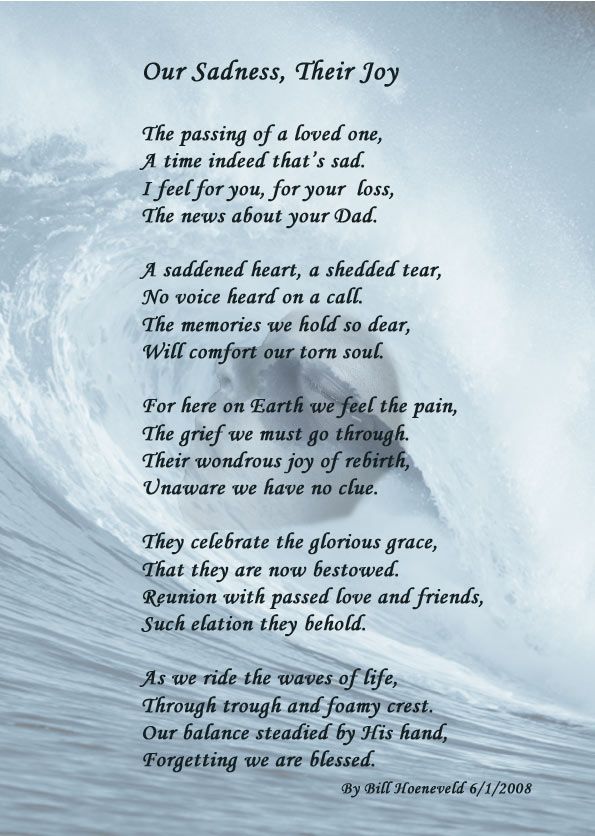
- Be a good listener. Accept whatever feelings the person expresses. Even if you can’t imagine feeling like they do, never tell them how they should or shouldn’t feel.
- Give reassurance without minimizing the loss. Try to have empathy with the person without assuming you know how they feel.
- Offer to help with errands, shopping, housework, cooking, driving, or yard work. Sometimes people want help and sometimes they don’t. They may not take you up on your offer, so remember they’re not rejecting you or your friendship.
- Avoid telling the person “You’re so strong.” This puts pressure on the person to hold in feelings and keep acting “strong.”
- Continue to offer support even after the first shock wears off. Recovery takes a long time.
- It may help to check in with the bereaved on anniversaries of the death, marriage, and birthday of the deceased, since those can be especially difficult.
If the grieving person begins to abuse alcohol or drugs, neglects personal hygiene, develops physical problems, or talks about suicide, it may be a sign of complicated grief or depression. Talk to them about getting professional help.
Talk to them about getting professional help.
If you believe someone is thinking about suicide, don’t leave them alone. Try to get the person to get help from their doctor or the nearest hospital emergency room right away. If that’s not possible, call 911. If you can safely do so, remove firearms and other tools for suicide.
- Written by
- References
The American Cancer Society medical and editorial content team
Our team is made up of doctors and oncology certified nurses with deep knowledge of cancer care as well as journalists, editors, and translators with extensive experience in medical writing.
Kubler-Ross E. On death and dying. New York, NY: Scribner; 1969.
Kubler-Ross E, Kessler D. On grief and grieving: Finding the meaning of grief through the five stages of loss. New York, NY: Scribner; 2014.
Kubler-Ross E, Byock I. On death and dying: What the dying have to teach doctors, nurses, clergy, and their own families.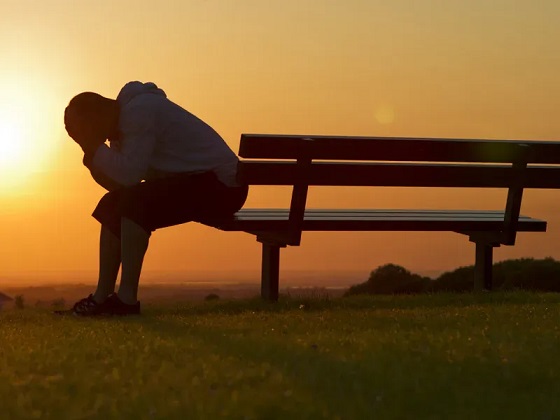 New York, NY: Scribner; 2014.
New York, NY: Scribner; 2014.
Marrelli TM. Hospice and palliative care handbook. Indianapolis, IN: Sigma Theta Tau International; 2018.
Mental Health America (MHA). Coping with loss: Bereavement and grief. Accessed at https://www.mentalhealthamerica.net/conditions/coping-loss-bereavement-and-grief on April 2, 2019.
National Cancer Institute. Grief, bereavement, and coping with loss (PDQ®). Accessed at https://www.cancer.gov/about-cancer/advanced-cancer/caregivers/planning/bereavement-pdq on April 2, 2019.
Shear MK. Grief and mourning gone awry: Pathway and course of complicated grief. Dialogues Clin Neurosci. 2012;14(2):119-128.
Tofthagen CS, Kip K, Witt A, McMillan SC. Complicated grief: Risk factors, interventions, and resources for oncology nurses. Clin J Oncol Nurs. 2017; 21(3):331-337.
References
Kubler-Ross E. On death and dying. New York, NY: Scribner; 1969.
Kubler-Ross E, Kessler D. On grief and grieving: Finding the meaning of grief through the five stages of loss. New York, NY: Scribner; 2014.
On grief and grieving: Finding the meaning of grief through the five stages of loss. New York, NY: Scribner; 2014.
Kubler-Ross E, Byock I. On death and dying: What the dying have to teach doctors, nurses, clergy, and their own families. New York, NY: Scribner; 2014.
Marrelli TM. Hospice and palliative care handbook. Indianapolis, IN: Sigma Theta Tau International; 2018.
Mental Health America (MHA). Coping with loss: Bereavement and grief. Accessed at https://www.mentalhealthamerica.net/conditions/coping-loss-bereavement-and-grief on April 2, 2019.
National Cancer Institute. Grief, bereavement, and coping with loss (PDQ®). Accessed at https://www.cancer.gov/about-cancer/advanced-cancer/caregivers/planning/bereavement-pdq on April 2, 2019.
Shear MK. Grief and mourning gone awry: Pathway and course of complicated grief. Dialogues Clin Neurosci. 2012;14(2):119-128.
Tofthagen CS, Kip K, Witt A, McMillan SC. Complicated grief: Risk factors, interventions, and resources for oncology nurses. Clin J Oncol Nurs. 2017; 21(3):331-337.
Clin J Oncol Nurs. 2017; 21(3):331-337.
Last Revised: May 10, 2019
American Cancer Society medical information is copyrighted material. For reprint requests, please see our Content Usage Policy.
Bereavement: Grieving the Loss of a Loved One
grief & loss
Few things compare to the pain of losing someone you love. While there’s no way to avoid intense feelings of grief, there are healthier ways to come to terms with your loss.
What is bereavement?
Bereavement is the grief and mourning experience following the death of someone important to you. While it’s an inevitable part of life—something that virtually all of us go through at some point—losing someone you love can be one of the most painful experiences you’ll ever have to endure.
Whether it’s a close friend, spouse, partner, parent, child, or other relative, the death of a loved one can feel overwhelming. You may experience waves of intense and very difficult emotions, ranging from profound sadness, emptiness, and despair to shock, numbness, guilt, or regret. You might rage at the circumstances of your loved one’s death—your anger focused on yourself, doctors, other loved ones, or God. You may even find it difficult to accept the person is really gone, or struggle to see how you can ever recover and move on from your loss.
You might rage at the circumstances of your loved one’s death—your anger focused on yourself, doctors, other loved ones, or God. You may even find it difficult to accept the person is really gone, or struggle to see how you can ever recover and move on from your loss.
Bereavement isn’t limited to emotional responses, either. Grief at the death of a loved one can also trigger physical reactions, including weight and appetite changes, difficulty sleeping, aches and pains, and an impaired immune system leading to illness and other health problems.
The level of support you have around you, your personality, and your own levels of health and well-being can all play a role in how grief impacts you following bereavement. But no matter how much pain you’re in right now, it’s important to know that there are healthy ways to cope with the anguish and come to terms with your grief. While life may never be quite the same again, in time you can ease your sorrow, start to look to the future with hope and optimism, and eventually move forward with your life.
Understanding the grief of losing a loved one
The intensity of your feelings often depends on the circumstances of your loved one’s death, how much time you spent anticipating their loss, your relationship to them, and your previous experiences of bereavement. Of course, just as no two relationships are the same, no two losses are ever the same, either.
In short, the more significant the person was in your life and the more feelings you had for them—regardless of their relationship to you—the greater the impact their loss is likely to have.
Losing a spouse or partner
In addition to the emotional impact of grief, when you lose a spouse or romantic partner, you often have to deal with the stress of practical considerations such as funeral arrangements and financial issues, too. You may also have to explain your spouse’s death to your children and find a way to comfort them while simultaneously dealing with your own heartache.
Losing a romantic partner also means grieving the loss of your daily lifestyle, the loss of a shared history, and the loss of a future planned together.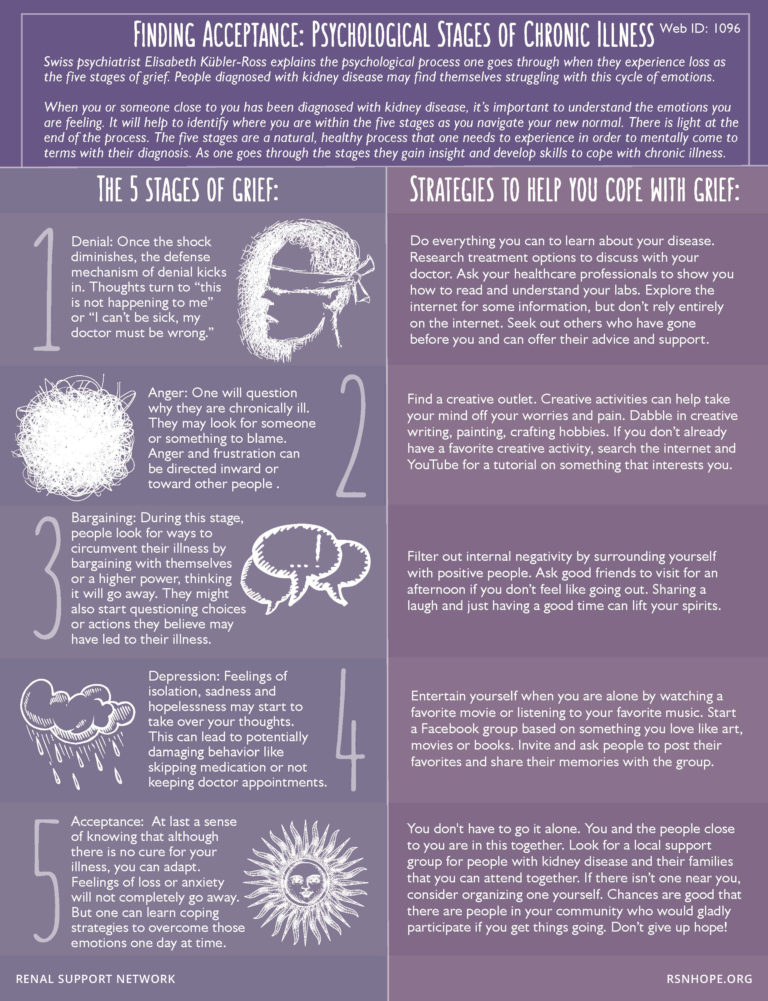 You may feel alone, despairing, and worried about the future. You could even feel guilty about somehow having failed to protect your partner, or angry at your loved one for leaving you.
You may feel alone, despairing, and worried about the future. You could even feel guilty about somehow having failed to protect your partner, or angry at your loved one for leaving you.
Losing a parent
For younger children, losing a mother or father can be one of the most traumatic things that can happen in childhood. The death of the person you relied on, the person who loved you unconditionally, can shake your foundations and leave a huge, frightening void in your world. It’s also common for young children to blame themselves for a parent’s death, prolonging the pain of grief.
Even as an adult child, losing a parent can be extremely distressing. It’s easy to feel lost and for all those old childhood insecurities to suddenly return. You may gain some solace if your parent had a long and fulfilling life, but their death can also cause you to consider your own mortality. If you’ve lost both parents, you’re suddenly part of the older generation, a generation without parents, and you’re left to grieve your youth as well.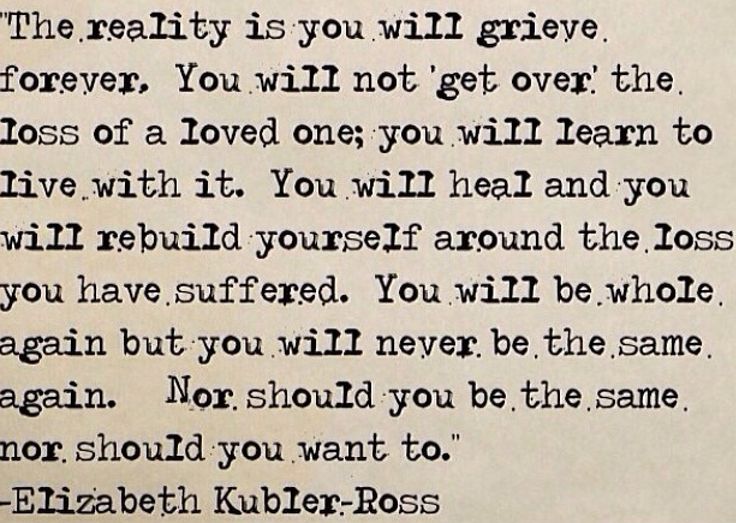 And if your relationship with your parent wasn’t an easy one, their death can leave you wrestling with a host of conflicting emotions.
And if your relationship with your parent wasn’t an easy one, their death can leave you wrestling with a host of conflicting emotions.
Losing a child
The loss of a child is always devastating. You’re not just losing the person they were, you’re also losing the years of promise, hopes, and dreams that lay ahead. The grief can be more intense, the bereavement process harder to navigate, and the trauma more acute.
As a parent, you feel responsible for your child’s health and safety, so the sense of guilt can often be overwhelming. Whether you lost your child in a miscarriage, as an infant, or after they’d grown up and left home, losing a child carries an additional weight of injustice. It feels unnatural for a parent to outlive their child, making it that much harder to find meaning and come to terms with their death.
Losing a child can also put a huge strain your relationship with your spouse or partner and make parenting any surviving children emotionally challenging.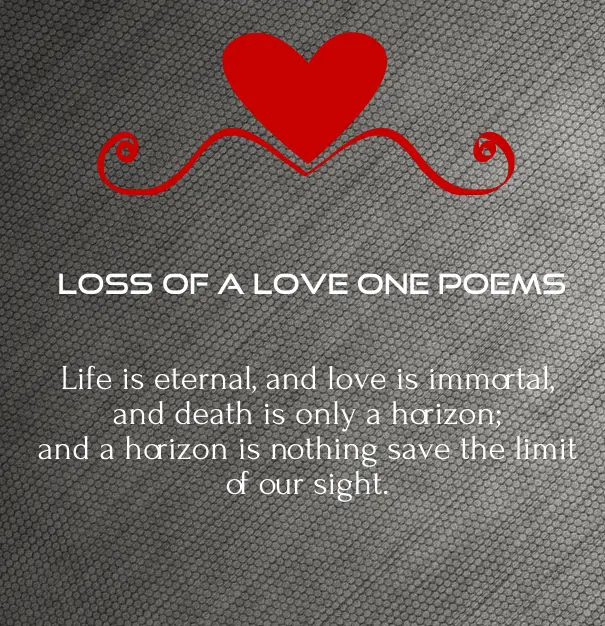
Losing a friend
Close friendships bring joy, understanding, and companionship into our lives. In fact, they’re vital to our health and well-being, so it’s no wonder we can feel their loss so gravely.
When a close friend dies, though, it’s easy to feel marginalized, the closeness of your relationship not given the same significance as a family member or romantic partner. This can lead to what’s called disenfranchised grief, where your loss is devalued or you feel judged or stigmatized for feeling the loss so deeply.
Grieving your loss
Whatever your relationship to the person who died, it’s important to remember that we all grieve in different ways. There’s no single way to react. When you lose someone important in your life, it’s okay to feel how you feel. Some people express their pain by crying, others never shed a tear—but that doesn’t mean they feel the loss any less.
Don’t judge yourself, think that you should be behaving in a different way, or try to impose a timetable on your grief. Grieving someone’s death takes time. For some people, that time is measured in weeks or months, for others it’s in years.
Grieving someone’s death takes time. For some people, that time is measured in weeks or months, for others it’s in years.
Allow yourself to feel. The bereavement and mourning process can trigger many intense and unexpected emotions. But the pain of your grief won’t go away faster if you ignore it. In fact, trying to do so may only make things worse in the long run. To eventually find a way to come to terms with your loss, you’ll need to actively face the pain. As bereavement counselor and writer Earl Grollman put it, “The only cure for grief is to grieve.”
Grief doesn’t always move through stages. You may have read about the different “stages of grief”—usually denial, anger, bargaining, depression, and acceptance. However, many people find that grief following the death of a loved one isn’t nearly that predictable. For some, grief can come in waves or feel more like an emotional rollercoaster. For others, it can move through some stages but not others.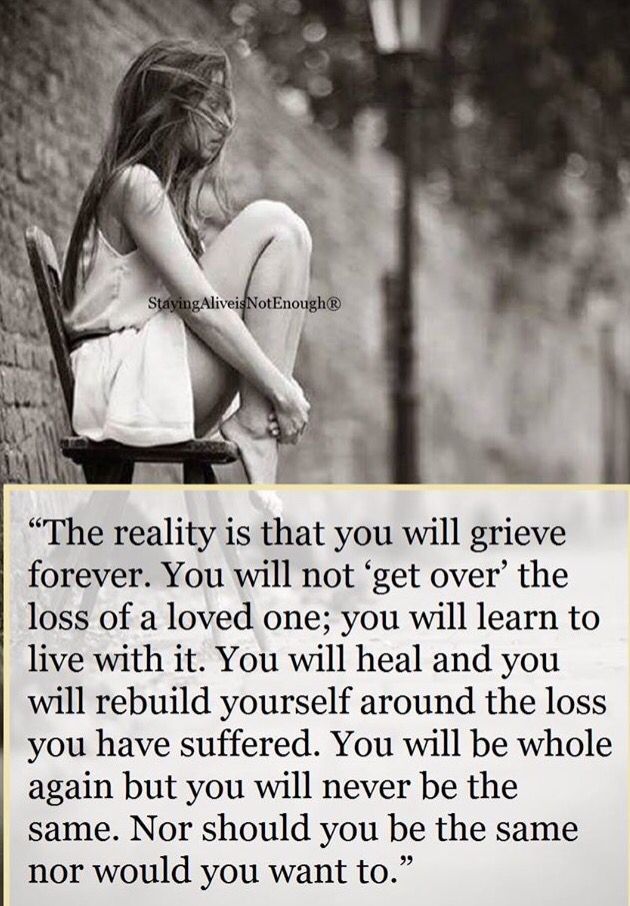 Don’t think that you should be feeling a certain way at a certain time.
Don’t think that you should be feeling a certain way at a certain time.
[Read: Coping with Grief and Loss]
Prepare for painful reminders. Some days the pain of your bereavement may seem more manageable than others. Then a reminder such as a photo, a piece of music, or a simple memory can trigger a wave of painful emotions again. While you can’t plan ahead for such reminders, you can be prepared for an upcoming holiday, anniversary, or birthday that may reignite your grief. Talk to other friends and family ahead of time and agree on the best ways to mark such occasions.
Moving on doesn’t mean forgetting your loved one. Finding a way to continue forward with your life doesn’t mean your pain will end or your loved one will be forgotten. Most of us carry our losses with us throughout life; they become part of who we are. The pain should gradually become easier to bear, but the memories and the love you had for the person will always remain.
Affordable private online therapy. Get instant help, on any device, wherever you are in the world. Start feeling better today!
GET 20% OFF
With over 25,000 licensed counselors, BetterHelp has a therapist that fits your needs. Sign up today and get matched.
GET 20% OFF
Get professional online counseling for relationship or marital issues. It’s confidential and convenient to get started.
GET 20% OFF
Seek support
When you lose someone you love, it’s normal to want to cut yourself off from others and retreat into your shell. But this is no time to be alone. Even when you don’t feel able to talk about your loss, simply being around other people who care about you can provide comfort and help ease the burden of bereavement.
Reaching out to those who care about you can also be an important first step on the road to healing. While some friends and relatives may be uncomfortable with your grief, plenty of others will be eager to lend support. Talking about your thoughts and feelings won’t make you a burden. Rather, it can help you make sense of your loved one’s death and find ways to honor their memory.
Talking about your thoughts and feelings won’t make you a burden. Rather, it can help you make sense of your loved one’s death and find ways to honor their memory.
Lean on friends and family. Even those closest to you can struggle to know how to help during a time of bereavement, so don’t hesitate to tell others what you need—whether it’s helping with funeral arrangements or just being around to talk. If you don’t feel you have anyone you can lean on for support at this difficult time, look to widen your social network and build new friendships.
Focus on those who are “good listeners”. When you’re grieving the loss of a close friend or family member, the most important thing is to feel heard by those you confide in. But the raw emotion of your grief can make some people very uncomfortable. That discomfort can cause them to avoid you, say thoughtless or hurtful things, or lose patience when you talk about your loss. Don’t use their actions as a reason to isolate, though. Turn to those who are better able to listen and provide comfort.
Turn to those who are better able to listen and provide comfort.
Join a bereavement support group. Even when you have support from those closest to you, family and friends may not always know the best ways to help. Sharing your grief with others who have experienced similar losses can help you feel less alone in your pain. By listening to others share their stories, you can also gain valuable coping tips. To find a support group in your area, contact nearby hospitals, funeral homes, or counseling centers, or call a bereavement hotline listed below.
Talk to a bereavement counselor. If you’re struggling to accept your loss or your grief feels overwhelming, try talking to a bereavement or grief therapist—in-person or via video conferencing online. Confiding in a professional can help you work through emotions that may be too difficult to share with family or friends, deal with any unresolved issues from your loved one’s death, and find healthier ways to adapt to life following your loss.
[Read: Online Therapy: Is it Right for You?]
Draw comfort from your religion. If you’re religious, the specific mourning rituals of your faith can provide comfort and draw you together with others to share your grief. Attending religious services, reading spiritual texts, praying, meditating, or talking to a clergy member can also offer great comfort and help you derive meaning from your loved one's death.
Celebrate your loved one’s life
Rituals such as a funeral or memorial service can fulfill important functions, allowing you to acknowledge and reflect on the person’s passing, remember their life, and say goodbye. In the period after a funeral, however, your grief can often become even more intense. Often, other people may appear to have moved on, while you’re left struggling to make sense of your “new normal”.
Remembering your loved one doesn’t have to end with the funeral, though. Finding ways of celebrating the person you loved can help maintain their memory and provide comfort as you move through the grieving process.
Keep a journal or write a letter to your loved one. Saying the things you never got to say to your loved one in life can provide an important emotional release and help you make sense of what you’re feeling.
Create a memorial. Building a memorial to your loved one, creating a website or blog, or compiling a photo album or scrapbook to highlight the love you shared can help promote healing. Planting flowers or a tree in your loved one’s memory can be particularly rewarding, allowing you to watch something grow and flourish as you tend to it.
Build a legacy. Starting a campaign or fundraiser in your loved one’s name, volunteering for a cause that was important to them, or donating to a charity they supported, for example, can help you find meaning in their loss. It can also add a sense of purpose as you move forward with your own life.
Continue to do things you used to do together. Perhaps you used to go to sports events with your loved one, listen to music, or take long walks together? There’s comfort in routine, so when it’s not too painful, continuing to do these things can be a way to mark your loved one’s life.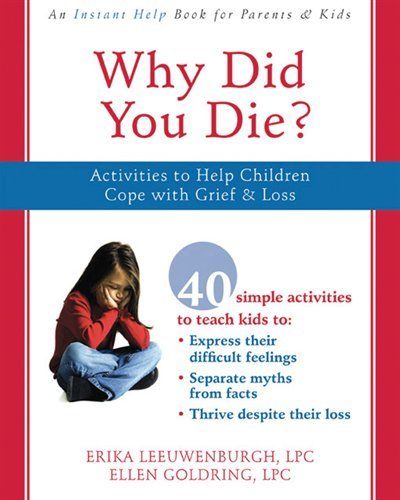
Remember your loved one in simple ways. Even simple acts such as lighting a candle, visiting a favorite place, or marking an important date can help the healing process.
Take care of yourself
When you’re grieving the death of a loved one, it’s easy to neglect your own health and welfare. But the stress, trauma, and intense emotions you’re dealing with at the moment can impact your immune system, affect your diet and sleep, and take a heavy toll on your overall mental and physical health.
Neglecting your well-being may even prolong the grieving process and make you more susceptible to depression or complicated grief. You’ll also find it harder to provide comfort to children or other vulnerable family members who are also grieving. However, there are simple steps you can take to nurture your health at this time.
Manage stress. It’s probably the last thing you feel like doing at the moment, but exercising is a powerful antidote to stress—and can help you sleep better at night. Relaxation techniques such as deep breathing, meditation, and yoga are also effective ways to ease anguish and worry.
Relaxation techniques such as deep breathing, meditation, and yoga are also effective ways to ease anguish and worry.
Spend time in nature. Immersing yourself in nature and spending time in green spaces can be a calming, soothing experience when you’re grieving. Try gardening, hiking, or walking in a park or woodland.
Pursue interests that enrich your life. Hobbies, sports, and other interests that add meaning and purpose to your life can bring a comforting routine back to your life following the upheaval of bereavement. They can also help connect you with others and nurture your spirit.
Eat and sleep well. Eating a healthy diet and getting enough rest at night can have a huge impact on your ability to cope with grief. If you’re struggling to sleep at this difficult time, there are supplements and sleep aids that may be able to help—just try not to rely on them for too long.
Avoid using alcohol or drugs to cope.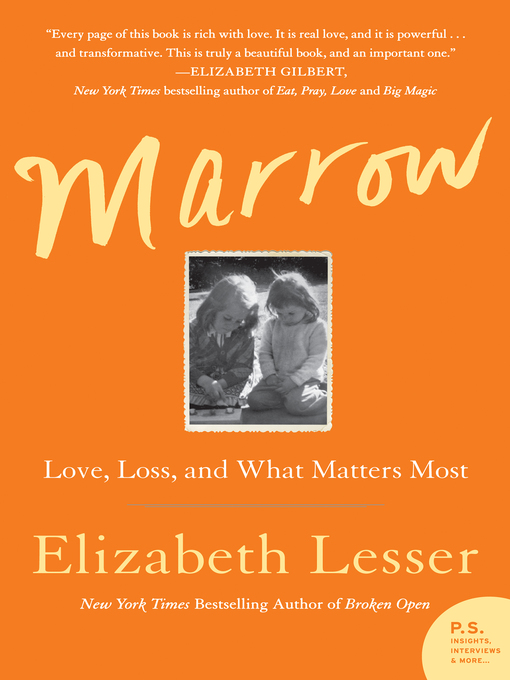 While it’s tempting to use substances to help numb your grief and self-medicate your pain, in the long run excessive alcohol and drug use will only hamper your ability to grieve. Try using HelpGuide’s free Emotional Intelligence Toolkit as a healthier way to manage your emotions.
While it’s tempting to use substances to help numb your grief and self-medicate your pain, in the long run excessive alcohol and drug use will only hamper your ability to grieve. Try using HelpGuide’s free Emotional Intelligence Toolkit as a healthier way to manage your emotions.
Advertisement
Reduce Stress, Enhance Your Health and Achieve Balance in Your Life
Learn how Mindfulness-Based Stress Reduction (MBSR) can help you to experience less anxiety, less stress, and less physical and emotional pain and illness with this online program from Sounds True.
SIGN UP TODAY
When the pain of bereavement doesn’t ease up
You may never truly get over the death of someone you love. But as time passes, it’s normal for difficult emotions such as sadness or anger to gradually ease as you begin to accept your loss and move forward with your life.
However, if you aren’t feeling better over time, or your pain is getting worse, it may be a sign that your grief has developed into a more serious problem, such as complicated grief or major depression.
Grief vs. depression
Distinguishing between grief and depression isn’t always easy as they share many symptoms, but there are ways to tell the difference:
- Grief can be a roller coaster. It involves a wide variety of emotions and a mix of good and bad days. Even when you’re in the middle of the grieving process, you will still have moments of pleasure or happiness.
- With depression, on the other hand, the feelings of emptiness and despair are constant.
[Read: Depression Symptoms and Warning Signs]
Other symptoms that suggest depression, not just grief, include:
- Intense, pervasive sense of guilt.
- Thoughts of suicide or a preoccupation with dying.
- Feelings of hopelessness or worthlessness.
- Slow speech and body movements.
- Inability to function at home, work, or school.
- Seeing or hearing things that aren’t there.
What is complicated grief?
While the sadness of losing someone you love never goes away completely, it shouldn’t remain center stage. If the pain of the loss is so constant and severe that it keeps you from resuming your life, you may be suffering from a condition known as complicated grief or persistent complex bereavement disorder.
If the pain of the loss is so constant and severe that it keeps you from resuming your life, you may be suffering from a condition known as complicated grief or persistent complex bereavement disorder.
Complicated grief is like being stuck in an intense state of mourning. You may have trouble accepting the death long after it has occurred or be so preoccupied with the person who died that it disrupts your daily routine and undermines your other relationships.
Symptoms of complicated grief include:
- Intense longing and yearning for your deceased loved one.
- Intrusive thoughts or images of the person.
- Denial of the death or sense of disbelief.
- Imagining that your loved one is alive.
- Searching for the deceased in familiar places.
- Avoiding things that remind you of your loved one.
- Extreme anger or bitterness over your loss.
- Feeling that life is empty or meaningless.
Complicated grief and trauma
If your loved one’s death was sudden, violent, or otherwise extremely stressful or disturbing, complicated grief can manifest as psychological trauma or PTSD.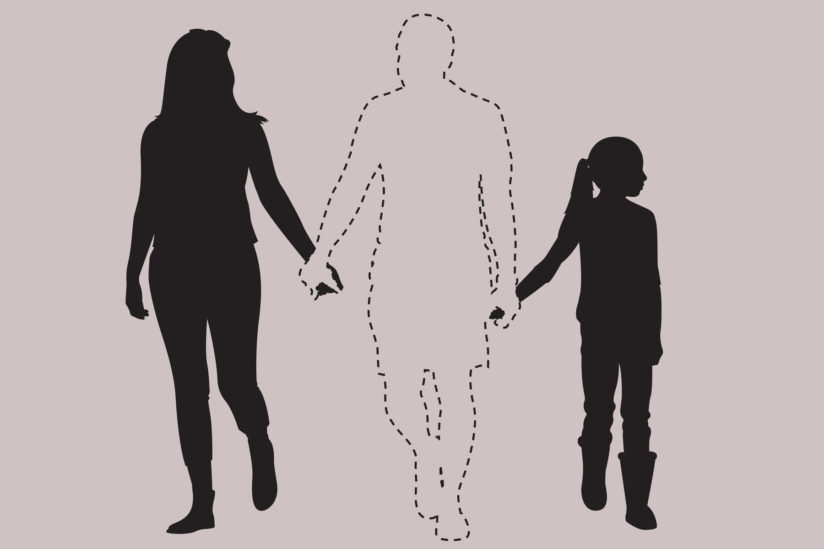
Being traumatized from the loss of a loved one can leave you feeling helpless and struggling with upsetting emotions, memories, and anxiety that won’t go away. But with the right guidance, you can make healing changes and move on with your life.
Finding professional help
If you’re experiencing symptoms of complicated grief, trauma, or clinical depression, talk to a mental health professional right away. Left untreated, these conditions can lead to significant emotional damage, life-threatening health problems, and even suicide. But treatment can help you get better.
[Read: Finding a Therapist Who can Help You Heal]
Contact a bereavement counselor or therapist if you:
- Feel like life isn’t worth living.
- Wish you had died with your loved one.
- Blame yourself for the loss or for failing to prevent it.
- Feel numb and disconnected for more than a few weeks.
- Are having difficulty trusting others since your loss.
- Are unable to perform your normal daily activities.

Authors: Lawrence Robinson and Melinda Smith, M.A.
- References
Depressive Disorders. (2013). In Diagnostic and Statistical Manual of Mental Disorders. American Psychiatric Association. https://doi.org/10.1176/appi.books.9780890425787.x04_Depressive_Disorders
Zisook, S., & Shear, K. (2009). Grief and bereavement: What psychiatrists need to know. World Psychiatry, 8(2), 67–74. https://doi.org/10.1002/j.2051-5545.2009.tb00217.x
Stroebe, M., Schut, H., & Stroebe, W. (2007). Health outcomes of bereavement. The Lancet, 370(9603), 1960–1973. https://doi.org/10.1016/S0140-6736(07)61816-9
Simon, N. M., Wall, M. M., Keshaviah, A., Dryman, M. T., LeBlanc, N. J., & Shear, M.
 K. (2011). Informing the symptom profile of complicated grief. Depression and Anxiety, 28(2), 118–126. https://doi.org/10.1002/da.20775
K. (2011). Informing the symptom profile of complicated grief. Depression and Anxiety, 28(2), 118–126. https://doi.org/10.1002/da.20775Simon, N. M. (2013). Treating Complicated Grief. JAMA, 310(4), 416–423. https://doi.org/10.1001/jama.2013.8614
Corr, C. A. (1999). Enhancing the Concept of Disenfranchised Grief. OMEGA – Journal of Death and Dying, 38(1), 1–20. https://doi.org/10.2190/LD26-42A6-1EAV-3MDN
Johansson, A. K., & Grimby, A. (2012). Anticipatory grief among close relatives of patients in hospice and palliative wards. The American Journal of Hospice & Palliative Care, 29(2), 134–138. https://doi.org/10.1177/1049909111409021
Grief and Loss – A guide to preparing for and mourning the death of a loved one. (Harvard Medical School Special Health Report)
Death and Grief – Article for teens on how to cope with grief and loss. (TeensHealth)
Grief: Coping with Reminders after a Loss – Tips for coping with the grief that can resurface even years after you’ve lost a loved one. (Mayo Clinic)
(Mayo Clinic)
Life after Loss: Dealing with Grief – Guide to coping with grief and loss. (University of Texas Counseling and Mental Health Center)
Bereavement – Symptoms, causes, and treatment. (Psychology Today)
Bereavement and Grief – Mourning the loss of a loved one. (Mental Health America)
Understanding Grief – Articles to help you cope with the grieving process. (Cruse Bereavement Care)
Last updated: November 1, 2022
Coping with the death of a loved one
This information will help you learn how to cope with grief and take care of yourself after the death of a loved one. We hope this material will help you and your family.
back to top of pageGrief
Grief is a normal response to loss. Grief has psychological (mental), emotional and physical manifestations.
After the death of a loved one, you may experience shock or disbelief. Some people feel numb or feel like they are in a dream. There may be times when you feel sad, empty, or alone. You may even feel angry, guilty, or relieved. It is normal to experience several of these feelings at the same time.
You may even feel angry, guilty, or relieved. It is normal to experience several of these feelings at the same time.
Grief can also be accompanied by physical manifestations, including changes in appetite, weight, or habitual sleep patterns. You may have a headache or stomachache. In addition, you may find it difficult to think about returning to your daily activities or work. Some days you may have more energy than others. Remember that there is no right or wrong way to deal with grief. Each person goes through this in their own way.
The first months after the loss can be the most painful, but feelings often change over time. Some people will tell you that the grief of losing a loved one has not left them for a year. In fact, there is no clear time frame for this feeling. Because of the nature of your relationship with your loved one, you may experience grief differently than other people.
back to top of pageCoping with the death of a loved one
We will name a few things to keep in mind as time goes by.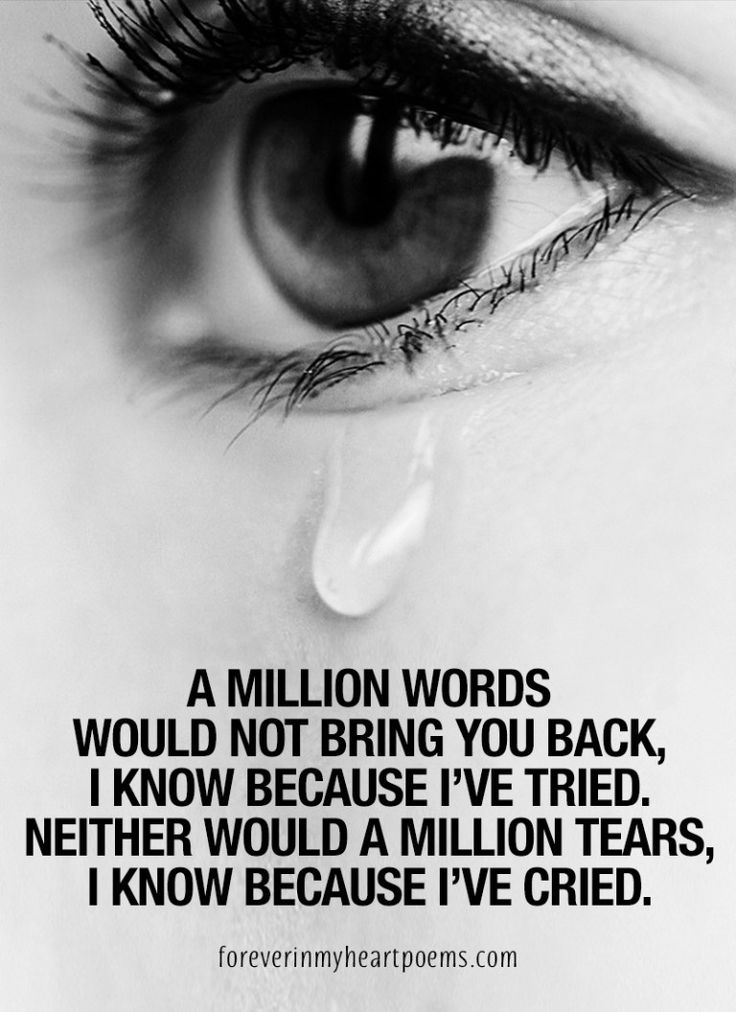
Honoring the memory of a loved one
In various cultures and religions there are rituals to honor the memory of a person after his death. Sometimes families create their own rituals, such as lighting candles or a special family meal. You may want to honor the memory of a loved one in a special, meaningful way for you. It is also possible that you would like to honor a loved one more openly. This could be an Internet posting in memory of the deceased, a memorial plaque, or a tree planted in the garden. All this will contribute to the formation of a sense of community and kinship. You may want to discuss with your spirit guide, friends, and family how you would like to honor a loved one. Whatever you choose, remember that there is no right or wrong way to honor a loved one.
How to manage your personal belongings
Your loved one's clothes and personal belongings may have special meaning to you. Some people feel an urgent need to empty cabinets and shelves immediately after the death of a loved one. Others keep everything as it was before the loss. You may find solace in your loved one's clothes or books. You can also give these things to relatives and friends. These decisions can only be made by you. Do not rush to decide something and do what will be most acceptable for you and for your family.
Others keep everything as it was before the loss. You may find solace in your loved one's clothes or books. You can also give these things to relatives and friends. These decisions can only be made by you. Do not rush to decide something and do what will be most acceptable for you and for your family.
Connecting with family and friends
Relatives and friends can support you during this time. However, they will have their own feelings and reactions related to the death of a loved one and your grief. Some people don't know what to say to a grieving person. They may say something tactless or rude when trying to sympathize. Your needs may not always be clear to your partner or your relatives or friends. For this reason, it can be helpful to talk about your needs, even when it's difficult. If you're not ready to talk, you might find it easier to write an email or send a text message. You can also ask a friend or relative to help you connect with others during this period.
Making decisions
You may find it difficult to make decisions at the moment. For this reason, after the loss of a loved one, it may be better to postpone important matters for a few months or a year. These issues include moving, moving to a new job, or reviewing financial affairs. You may find it helpful to seek advice from friends and family when it comes time to make these decisions.
Holidays and anniversaries
Various significant dates will come, such as anniversaries, birthdays and holidays, which will remind you of the loss. It can be hard for you to celebrate these days for the first time without a loved one. Planning ahead will help make them a little easier.
You may want to mark these days differently this time. One option might be to revise old family traditions or establish new ones. You may find comfort in socializing with friends and family, or you may prefer to do things alone. Whatever your decision, remember that there is no right or wrong way to spend these days. Try to do what is most acceptable to you.
Try to do what is most acceptable to you.
How to help a child cope with loss
The death of a loved one affects children of all ages. If you have children who are bereaved, you may want to protect them from the sadness you are experiencing. However, it is important to be aware of what happened and recognize that all children will experience loss in their own way.
How your children experience grief depends on their age, on their concept of death, and on the behavior of others who serve as an example for children. However, it is important to be honest with them about what happened, using age-appropriate language. Phrases such as "no longer with us" or "passed away" may be incomprehensible to young children. They may experience grief in different ways and at different times. Be honest with your children and answer their questions. This will help them feel your love and protection, as well as the participants in your joint work to return to normal life.
If you have difficulty communicating with children, ask a family member, friend or professional social counselor for help.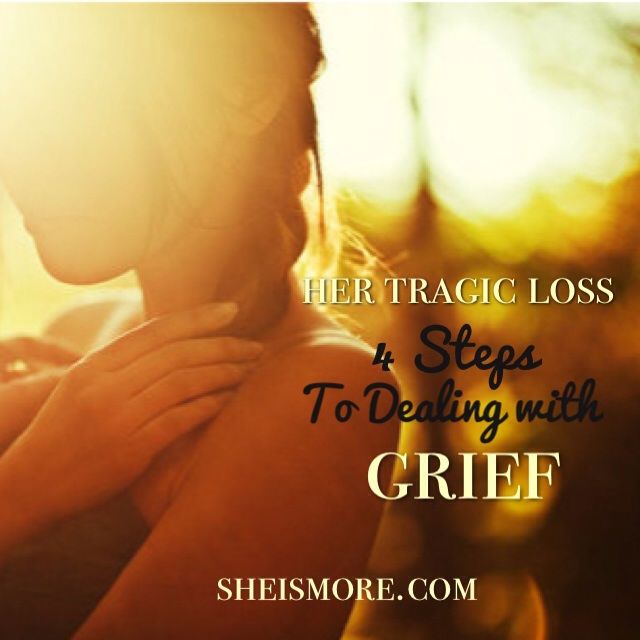 A Memorial Sloan Kettering (MSK) social worker can give you more information about support services for you and your family.
A Memorial Sloan Kettering (MSK) social worker can give you more information about support services for you and your family.
Personal care
Grief can cause mental, physical and emotional distress. It is important to pay attention to your needs. During this period, self-care may not be the main thing for you. You may be focused on caring for other family members. You may even feel guilty about paying attention to yourself. Allowing yourself to take care of yourself and taking the time to do so will help you deal with the loss.
Here are some examples of how you can take care of yourself when dealing with the death of a loved one.
Find time for yourself
Each of us takes care of ourselves in our own way. Some people benefit from physical activity, such as walking or exercising. Others prefer socializing with friends and relatives, or sharing meals and conversations. You can learn new skills like cooking or gardening. By taking the time to find new ways to comfort and enjoy yourself, you can recover from grief faster.
Build a support system
Grieving alone can be very difficult. It is important to create a support system for you and your family. This may include:
- spending time with friends and family;
- participation in a support group;
- seeking advice from specialists;
- Volunteer work or participation in community activities.
It is important to maintain open communication with those who support you. Talking to them about your experiences will help you stay connected while you grieve.
Recognize the need for professional help
Some people may feel overwhelmed by grief if their feelings do not change over time or if they become more difficult. If you have been experiencing these feelings for 6 months or longer since the death of a loved one, you may need to consider getting additional support.
Here are some signs that you need professional help:
- you are deeply sad and feel that life has lost its meaning;
- you lost interest in what you liked, or stopped enjoying it;
- you avoid social events;
- you find it difficult to make decisions or solve everyday tasks;
- you are unable to care for yourself or your children, or neither;
- you have trouble sleeping or eating, or both;
- you experience strong feelings of guilt, regret or anger;
- you have developed bad habits, such as alcohol or drug abuse;
- you have thoughts of suicide or harming yourself.

Various MSK counselors can help you. These include social workers, psychologists, psychiatrists, spirit guides, mental health counselors, and art and music therapists. A counselor can help you cope with changing your outlook on life, taking care of yourself and your family, and doing your daily activities.
We cannot prevent death, but with time, patience, and support, we can learn to deal with loss. Most importantly, we can find ways to find meaning in life again.
back to top of pageResources
MSK offers a range of resources for grieving families and friends. For more information on the resources listed below, visit www.mskcc.org/cancer-care/counseling-support/support-grieving-family-friends.
To find out about bereavement services at MSK, contact your healthcare provider or the Department of Social Work's Bereavement Program. Call 646-888-4889 or send an email to [email protected].
Department of Social Work Bereaved Support Program
646-888-4889
[email protected]
The Department of Social Work's bereaved support program includes free telephone consultations, support groups, and educational lectures, and recommends local social assistance resources for the community. Social workers for oncological (cancer) patients provide qualified assistance in solving the psychological, social and spiritual problems that arise in those who experience loss. They can also help solve practical problems for bereaved persons, their families and friends.
Social workers for oncological (cancer) patients provide qualified assistance in solving the psychological, social and spiritual problems that arise in those who experience loss. They can also help solve practical problems for bereaved persons, their families and friends.
MSK Counseling Center
646-888-0100
Some grieving families find that specialist advice has helped. Our psychiatrists and psychologists work at the bereavement clinic, where they provide counseling and support to individuals, couples and families. They may also prescribe medications to help you get out of your depression.
Spiritual Support
212-639-5982
Our chaplains are available to listen and support family members, pray and reach out to local clergy or religious groups. They can also simply comfort and lend a hand of spiritual help. Anyone can apply for spiritual support, regardless of their religion.
Integrative Medicine Service
646-449-1010
Our Integrative Medicine Service offers patients a variety of treatments in addition to conventional medical care and emotional support services. Our services include music therapy, mind/body therapy, dance, movement and touch therapy, yoga, exercise and meditation classes. These services can help bereaved people cope with possible physical and emotional distress.
Our services include music therapy, mind/body therapy, dance, movement and touch therapy, yoga, exercise and meditation classes. These services can help bereaved people cope with possible physical and emotional distress.
Contents
If sad news is received...
The first days after the loss of a loved one: life in new conditions
Resentments and emotions
Fear
Physiology
Healing tears in death are close 9002 guilt
We offer you to get acquainted with an excerpt from the book "A man died. What to do and how to survive?" Publishing house "Nicaea". The author-compiler is a crisis psychologist Mikhail Khasminsky.
Let's talk about the things you usually don't know: how to deal with acute grief when your loved one has died; what happens at this moment with the psyche, with human physiology, what emotions and why he experiences; what practical steps to take in the early days of "extreme grief" and how to help yourself during this difficult period.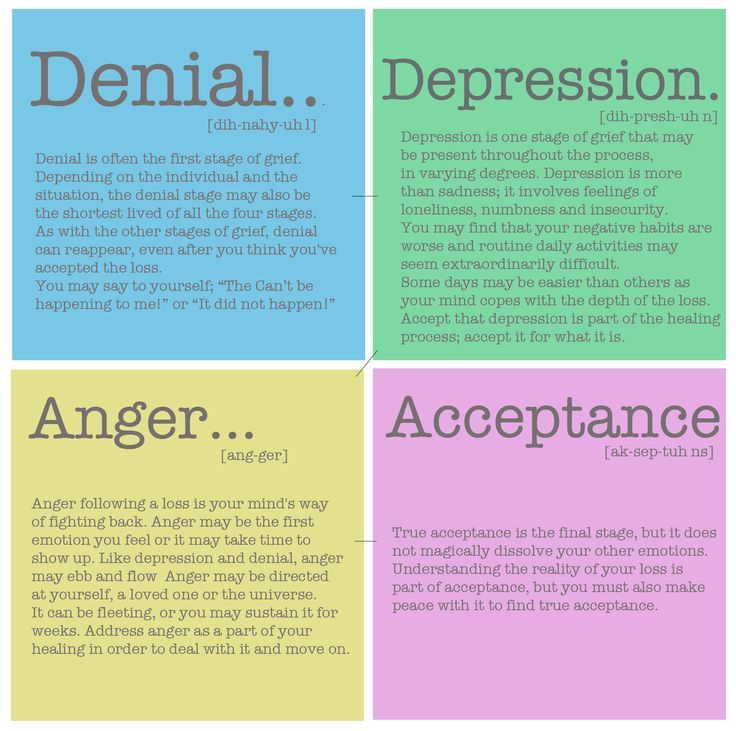
Written by psychologists, this book contains advice for Orthodox believers, but is also suitable for a wider audience.
If sad news is received…
The death of a loved one is an extraordinary event affecting many aspects of a person's life. There is such a thing as “extreme grief”. This is the state in which a grieving person is the first time after the loss. Usually the period of extreme, or acute, grief lasts until the third or ninth day, sometimes a little longer. Shocked by what happened, we do not know what to do, how to react, what to pay attention to. How do you stop grief from engulfing you? First of all, it is important to recognize that you need support. Try not to be alone with yourself and not withdraw into yourself. Share your feelings with those you trust. Usually people experiencing grief do not realize that they need help, they overestimate their physical and psychological state, believing that they can handle everything on their own.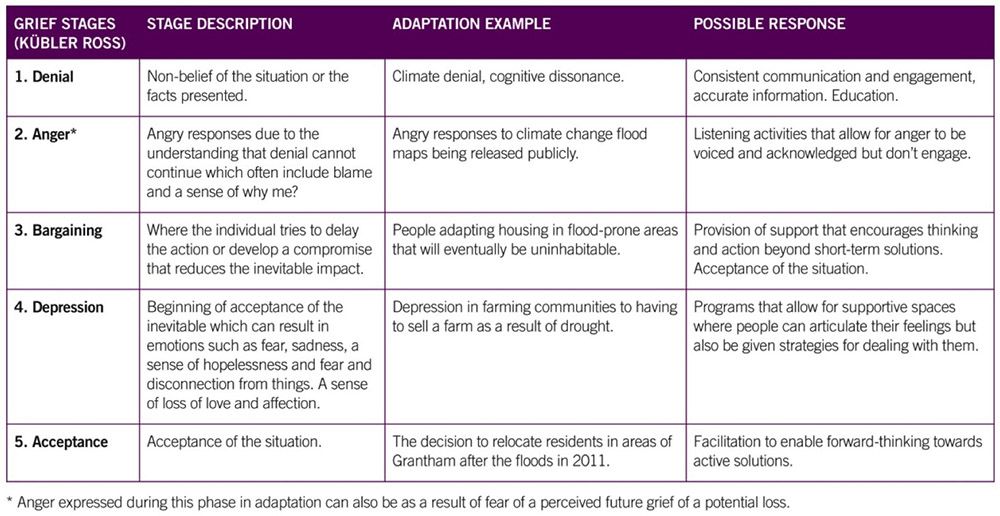 But such an overestimation of one's capabilities is actually the result of an extremely stressful situation that distorts the real perception of reality.
But such an overestimation of one's capabilities is actually the result of an extremely stressful situation that distorts the real perception of reality.
You need help from your loved ones!
Death of a loved one Brochure with recommendations on what to do and where to go in case of death of a person in Moscow
Some recommendations for those whose loved one has died contact as soon as possible with a person close to you (friend, acquaintance, relative), tell him about the grief that has befallen you, ask him to come support you and, if necessary, help in organizing the funeral. Look for people who have the qualities of character that are necessary at the moment (decisiveness, activity, organizational skills). Well, if someone will control your physical condition. Five stages of accepting the inevitable: it doesn't work for me What are the challenges of coping with grief? Does talking help? How to live after the death of a loved one? We tell the personal story of a woman who lost her husband Funerals and commemorations have passed... Relatives and friends who supported and helped all this time are gradually returning to normal life, to their own affairs. How to live on? How to adapt to a new situation? If you have already begun to ask yourself these questions, then you understand that you need to change something in your attitude to life. This does not mean that you should forget the deceased, pretend that nothing happened. On the contrary, grief must be lived through, but with the least bodily and emotional disturbances. What is needed for this? First of all, try to realize at what moments of your life you became most vulnerable. When you understand where the "biggest gap" is, it will be easier to close it. And, just as a small child gradually learns to walk, begin to cope with new tasks on your own. For example, a man who has lost his wife, who did all the housework, can learn to manage the house himself, or he can turn to special services to maintain comfort at home at the usual level. And another important point: for the first time after the death of a loved one try to postpone the solution of global issues (buying / selling real estate, moving, etc.) for some time. I felt good, I felt bad About “survivor's guilt” and the fear of losing pain. Writer and screenwriter Anna Kozlova talks about the experience of her husband's death and about what saved her and continues to save her. Things are more complicated with emotions: Do not listen to those who advise you to “be strong, hold on, take courage…” . Do not accumulate tears! If you feel like crying, cry; if you feel sad, be sad. Consider who you can talk to about a loved one who has left you . If there is no such person in your environment, use the modern possibilities of psychological support - for example, the Memoriam website, helplines, psychological assistance services. The main thing is to speak. "I'm like a leper." What support groups give widows Psychologist Elena Kartavenko explains why communication with people who have a similar experience of loss can help to move on Do not try to talk to the deceased . Physically, he is no longer there. Do not turn to the occult, do not listen to those who are trying to tell you about superstitions, signs and so on. Keeping a diary helps soften acute emotions . Write about your thoughts, feelings, about the pain of loss. Make it a rule to re-read what you have written after a while, and then try to analyze what has changed over this period of time. What feelings have become stronger? Which ones are gone? What have you learned? Such introspection will reveal your weaknesses and strengths. Another way to relieve pain is to write a letter to the deceased . Even if death was not sudden, there is always a lot of unspoken, unspoken. Write. You need it, not him. If you haven't said something important, you have the opportunity to do it now. Don't be afraid to look funny because there is nowhere to send the letter, you can just burn it. It is important that the letter will help to get rid of the burden of inconsistencies that you are carrying. Support for loved ones after the death of a relative: the German experience When should you talk to a survivor of the death of a loved one, and when should you leave it alone? Why can a grieving person be thrown from laughter to tears? How else can grief manifest itself? If you don't like to write, but emotions and memories overwhelm you, try this method. Be natural in grief . Do not allow others to impose any behavior patterns. At the same time, do not refuse the help of loved ones if you need it. Be patient . No one can tell how long you will experience the pain of loss. Grief is like a surf - it will recede, then it will surge with renewed vigor. Holidays and family dates are especially difficult. For many years, pain can appear on the birthday of the deceased, on the anniversary of death, on New Year's Day or Christmas. Don't hide from your feelings. Unleash your memories, order a memorial service in the temple, pray at home, visit the cemetery. One of the strongest feelings that can accompany loss is fear. Night or day, alone or in a crowd, fear comes unexpectedly and literally paralyzes you. What to do in such a situation? It is important to understand that this is not the fear of an adult in a real dangerous situation, but rather a "childish" reaction to the unknown surrounding you after the death of a loved one. To regain your "adult" state, to stay "here and now", try the following. If you feel fear, first look around. After all, there is no immediate threat to your life and health? Do this: select five colors that surround you. What color is the ceiling? Floor? Armchair? Curtains? Your clothes? Look at any objects, but you should not just recognize the color by smearing it with your eyes, but identify it, perhaps name it out loud. Look at what surrounds you. Pay attention to the colors, perhaps call them out loud. Photo: Oskars Sylwan / Unsplash Next, select five sounds: a clock, a bird, a car outside the window, a TV set, anything, but there should also be five sounds. In the silence of the night, it can be the sound of your breathing, the beating of your heart, the rustling of a blanket, the wind in the foliage outside the window, the sound of water in the pipes ... Listen carefully, each sound also needs to be distinguished and named. Then listen to the sensation of your own body. Are your hands warm or cold, dry or wet with sweat? Legs are the same. For visually and hearing impaired people, color or sound discrimination can be replaced by the tactile sensations of objects. Touch what is near you. Identify five different sensations - wool carpet, cool wood furniture, soft upholstery of a chair, paper wallpaper ... Try to distinguish the subtle smells emitted by these objects. Usually this exercise returns a sense of reality with irrational fears. The biochemistry of stress: hormones are to blame What happens to the body when we are nervous and how to deal with it Now a little about the physiological aspects of grief. Today everyone knows about the connection between the emotional and the somatic (bodily). Deep experience can cause diseases of the body. Grief manifests itself in the appearance of a person. Grieving muscularly clamped, tense, unable to relax. Try to keep your daily routine . Do not forget about food, but do not rush to the other extreme - do not "jam" grief. If the “urge to eat something” is uncontrollable, try to understand: are you really hungry or just need to be comforted in this way? If you lack emotional support, seek it from loved ones, friends, or professionals. Another vital need to be met is sleep . If you can't fix it on your own, see your doctor for medical support. The pace of your life is also a very important aspect. It is possible that during the period of grief you will not be able to perform all the functions that you easily coped with before. Time passes, emotions that prevented breathing weaken, are replaced by others. You will always miss a dead person, just a sharp pain will be replaced by sadness and sad memories, and then they will become bright. So, the most difficult period is over. Grieving does not mean forgetting. It means learning to live fully after the loss of a loved one. From the memoriam.ru forum: I went through most of my son's things before 40 days. I put his school uniform, some shoes, a new, never worn down jacket in a huge box. She asked her friend to look for who needs things for the boy. The mother of one of her friends found a large family, and everything was handed over to her. M. People can't stand the pain of others About what can be done for a person who has lost a loved one. Personal experience. Nothing in the world just exists. And it is no coincidence that we are endowed with the ability to cry from birth. For example, for an infant, crying is the only way to get attention. As children grow older, especially boys, they already begin to be ashamed of tears and cry less and less. But still, in the life of each of us there are moments when even the most persistent men can hardly hold back tears. Emotional tears are the body's reaction to moments of life that are extremely difficult for the psyche: grief, resentment, disappointment, annoyance, pity, as well as joy, tenderness, tenderness, and even a manifestation of love. True, tears of happiness are very rare, mostly a person cries when he is very ill. No wonder such tears are popularly called bitter. They help our psyche to cope with a difficult situation. We can say that emotional tears “wash away” stress. Crying is inherently the most effective means of expressing human emotions. Some people find it very difficult to bear the sight of other people's tears. The call "Don't cry!" for them - the only way out of a traumatic situation, when they are not able to calm them down with anything else. After all, not everyone is capable of compassion. Many are simply lost, seeing the weeping and sobbing of the grieving, and do not know how to act and what to do. Learning to grieve and live with death Is there a place in the public space for the topic of death, and why it may be important for everyone Most often, they hope that in time the suffering person will cope with his grief on his own and that he does not need help in this matter. And it happens that people themselves forbid themselves to cry. It seems to them that, giving vent to emotions, they will only make things worse for themselves and those close to them. To cry for such strong-willed people means to “fall apart”, and they cannot afford it. As a result, unshed tears do not disappear anywhere, but are driven into the depths of the soul, where they accumulate and accumulate. Suppression of tears can also affect physical health. The fact is that when emotions are blocked, muscle tension occurs, as a result of which the work of the whole organism is disrupted. Any emotion is energy, and, according to the law of conservation of energy, it does not disappear anywhere, even if we try our best to suppress it in ourselves. Therefore, the best way to get rid of negativity and pain is to let them out. Don't hold back your tears. Tears can be healing. Photo: Christian Newman / Unsplash Grieving at work How to help yourself when you have to go through acute grief and at the same time continue to work, fulfill your social functions You can allow yourself to grieve at work. It also happens like this: a person would be happy to cry, but there are simply no tears. To relieve muscle tension resulting from suppression of feelings, there are various techniques and breathing exercises. But this problem is best solved with the help of a specialist psychologist. On your own, you can help yourself with moderate physical activity, for example, muscle stretching exercises, swimming. We all know that women cry more than men. This is partly due to social stereotypes. In our society, crying is interpreted as a manifestation of weakness, helplessness, infantilism. From childhood, boys are taught that it is shameful to shed tears: “Be courageous, boys do not roar.” Parents in this respect can be understood - they pursue an educational goal. But still, it is necessary to distinguish between the moments when it is appropriate to say: “Don’t cry,” and when it is necessary to accept the tears of a child and teach him to express his emotions correctly. By the way, the fact that the representatives of the stronger sex live less than women is largely due to their emotional restraint. Men don't cry Why it is difficult for grieving men to express their feelings and what to do about it Yes, men by nature have such a feature of protective behavior as high control over the manifestation of any emotions, both positive and negative. Anyone who experiences the death of a loved one experiences longing, cowardice, and even grumbling. This is a normal reaction of our psyche to grief. Danger arises when sadness is replaced by despair - the loss of hope. If a person falls into despair, then tears from a cleansing medicine for the soul turn into a nutrient substrate, on which diseases of the soul begin to parasitize, making life unbearable. Tears in this case can become a way of life, which, of course, is not necessary for either the deceased or the one who cries about him. From the memoriam.ru forum: My husband died on New Year's Eve. Around the pre-holiday fuss, people are getting ready - they are buying food and gifts, but I am alone with my grief. Those who sympathized quickly plunged into their lives. The "vacuum" has come. I read that you have to let yourself cry, shout out. And grief really rushed out of me. Every evening on the way home from work, I checked to see if the neighbors' lights were on, to see if I could let myself go in my room today or sit in the bathroom and howl with the water turned on. But in any case, as soon as she crossed the threshold, she sat down on a bench in the hallway and began to howl and yell, barely closing the door behind her. On holidays and weekends, she retired to the village and howled: “Where are you, my beloved?! I am dying without you! I can not live without you!" It just worked out that way. The cat started yelling at me too. And the stray dog that lived on our street, which my husband loved and fed, also howled. And around the holiday and fireworks. And no one, probably, suspected what was happening in a single house, where the lights were on and it was as if they were celebrating the New Year. Some of the acquaintances, not knowing about what had happened, sent congratulatory sms. And I was alone with God and there were only animals who sympathized with me. And then one day instead of the phrase “Where are you, my love?!” I suddenly, in a frenzy, automatically began to shout: “You are strong, you can stand it !!!” And so several times. As if someone put this phrase in my mouth. And then, yelling, I realized that I could survive it. Svetlana If the feeling of guilt breaks the heart into pieces In all languages of the universe, so dissimilar, we are connected by one dialect - the one that sounds in our hearts as the voice of pain. When we lose loved ones... One of the strongest feelings that can overwhelm a person after the death of a loved one is guilt. Many people feel remorse because they could not prevent death or were unfair to the deceased during his lifetime. It seems to them that if they turn back time, they would behave in a completely different way. Usually this is expressed in endless questions to oneself: “What if I had come to him earlier?”, “And if he had not flown on this plane?”, “If we had not quarreled, she would have stayed at home that day ... ". This reaction to loss is quite natural. It is common for people to look for explanations for every event. But if we talk about death, then it is very difficult to predict it. Sometimes people experience a feeling of guilt towards the deceased, although there is no guilt. For example, a husband, at the request of his wife, decided to replace a burnt out light bulb - and he was electrocuted. The wife feels guilty. But she couldn't have foreseen that a misfortune would happen! If a person thinks that everything depends only on his foresight, he takes on too much. This is not conscience, but pride, a sin that must be got rid of. People with adequate self-esteem understand that not everything in life obeys them. However, the bereaved often perceives the situation inadequately and exaggerates the degree of his involvement in death. Or a wife sometimes regretted in her heart that she had connected her life with her husband, and thought: “If only he disappeared somewhere!” And if suddenly the husband dies unexpectedly, the wife may think that it was her thoughts and desires that “materialized” and the fault in what happened lies on her conscience. We all say bad words to each other, do bad things, make mistakes. But some try to correct them and understand that they are not omnipotent, while others think that everything that happens around them is caused solely by their behavior. Test. Do you know how to console a person in grief? Sometimes, out of ignorance, our consolation can hurt very painfully. This is not taught in school, rarely taught in the family. We invite you to take a quiz that describes common situations where support is needed. The test is based on articles about grief and consolation published on our portal. Check how ready you are to turn your shoulder. Perhaps you will understand how to do it better, or you will recognize your mistakes. Guilt can take many different forms. So, psychologists talk about the guilt of the survivor - the feeling that we should have been in the place of the deceased or do not have the right to life, since he is no longer with us. Many feel guilt associated with a sense of relief that a loved one has died, for example, if the departed was ill for a long time or suffered before death. There is also the so-called guilt of joy, which occurs long after the loss. It is connected with the fact that after the death of a loved one, happiness reappears in the life of his loved ones. For example, a widow who met and fell in love with another man may experience such guilt. In this case, it should be remembered that joy itself is a healthy experience, a sign that we are living a fulfilling life. Journalist Anna Danilova talks about the loss of her husband, a new family, and an opened door The very fact that another person has an experience of loss already makes you feel better - at least you understand that this did not happen to you alone. Because at first it seemed that the sky collapsed on your head alone It is believed that the degree of our love for the deceased is measured by the strength of our grief. Therefore, some people are seriously worried that the image of a dear person is gradually being erased from their memory. The idealization of the deceased can also help to increase and maintain the feeling of guilt: when one's own shortcomings seem terrible, and the bad traits of a loved one are ignored. The feeling of one's filth against the background of the "immaculate" image of the departed only exacerbates suffering. Often, those who mourn are looking for confirmation of their guilt in all kinds of signs, signs, and even in dreams. It seems that everything around reproaches us, reminds us of our guilt before the deceased. But try to analyze these signs as objectively as possible, and you will find an amazing pattern: the more attention we pay to them, the more they appear in our lives. Moreover, most often these are not some unusual things, but the most ordinary phenomena, to which for some reason we attach a new meaning. If guilt persists for a long time, the help of a mental health professional may be needed. From the memoriam.ru forum: I lost my mother quite recently. I always insisted on taking my parents to the dacha by car, but on that day for some reason I did not insist. Mom said that in such beautiful autumn weather it would be a sin not to take a walk from the train, and I gave up. I thought, let the parents take a walk, get some air in the forest. On the way to the dacha, my mother was hit by a car. Of course, I blamed myself for not insisting, letting go of some, and then I read that blaming yourself after the death of a loved one is normal, almost everyone does this, while almost no one has real guilt. In general, many things that seem very personal and completely unbearable in the face of loss (guilt, pain, anger, resentment, unwillingness to live on, indifference to oneself) are common to everyone or almost everyone. And when you understand this, and at the same time you understand that all those who live nearby - they, most likely, have already faced grief at least once, and have gone through it, and live on - it becomes easier. Irina However, one should not write down any persistent feeling of guilt towards the deceased in the category of pathology. The fact is that guilt can be different: existential and neurotic. Neurotic guilt is imposed from the outside and then transferred by the person to the internal plane - we have given examples of such guilt above. Existential guilt is caused by real mistakes, when a person really did something “wrong” or, on the contrary, did not do something important for the deceased. Such guilt is absolutely normal and speaks of the moral maturity of a person. A healthy sense of guilt signals that we have violated our moral code, committed a misdemeanor, and now we must correct the situation. The latter is very important: if you do not go beyond the recognition of your “guilt”, you can get stuck at the stage of self-accusation, then a healthy feeling will turn into an evil, destructive force. The feeling of guilt must be transformed into creative activity. The worst thing is when a person "gets stuck" in a state of self-flagellation, considering it a Christian virtue. In fact, there is no virtue here. The healthy self-reproach of a Christian differs from self-digging in that the first causes a desire to work on oneself, while the second plunges one into despondency and hopelessness. The main difference between a normal feeling of guilt and a pathological state lies in moving forward. Having acknowledged his responsibility for what happened, a person should sincerely repent. Metropolitan Anthony of Surozh: Some time ago a man of more than eighty years old came to me. He sought advice, because he could no longer endure the torment in which he had lived for sixty years. During the Civil War in Russia, he killed his girlfriend. They loved each other passionately and were about to get married, but during a shootout, she suddenly leaned out, and he accidentally shot her. And for sixty years he could not find peace. He not only cut off a life that was infinitely dear to him, he cut off a life that flourished and was infinitely dear to the girl he loved. He told me that he prayed, asked for forgiveness from the Lord, went to confession, repented, received a prayer of permissiveness and took communion - he did everything that his heart told him and those to whom he turned, but he never found peace. Overwhelmed with ardent compassion and sympathy, I said to him: “You turned to Christ, whom you did not kill, to priests whom you did not harm. Why didn't you ever think to reach out to the girl you killed?" He was amazed: “Does not God give forgiveness? After all, only He alone can forgive the sins of people on earth.” Of course it is. But I told him that if the girl he killed forgives him, if she intercedes for him, then even God cannot pass by her forgiveness. There is a place in the Book of the Prophet Daniel, which says that Daniel offered up a prayer and God answered him that his prayer was in vain, because the old woman, offended by him, prays against him and her prayer nails to the ground, like a strong wind - smoke, his prayer without letting her go up.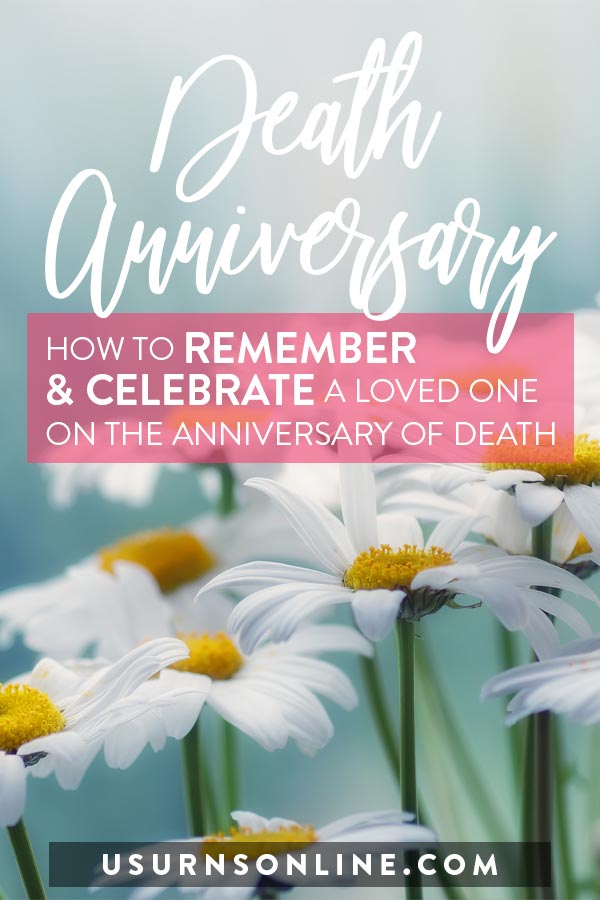 When talking with them on the phone, keep a pen and paper ready to write down the day and time when someone will arrive, who will bring what, etc. This will be needed later for better coordination in preparing the funeral and solving other organizational issues. Very often, a grieving person cannot remember even extremely necessary information, so it is better to write everything down.
When talking with them on the phone, keep a pen and paper ready to write down the day and time when someone will arrive, who will bring what, etc. This will be needed later for better coordination in preparing the funeral and solving other organizational issues. Very often, a grieving person cannot remember even extremely necessary information, so it is better to write everything down.  If others are doing this, you can read the Psalter for the deceased, go to church. If you are unable to pray, entrust it to someone you know, preferably a believer.
If others are doing this, you can read the Psalter for the deceased, go to church. If you are unable to pray, entrust it to someone you know, preferably a believer. The first days after the loss of a loved one
Life in new conditions 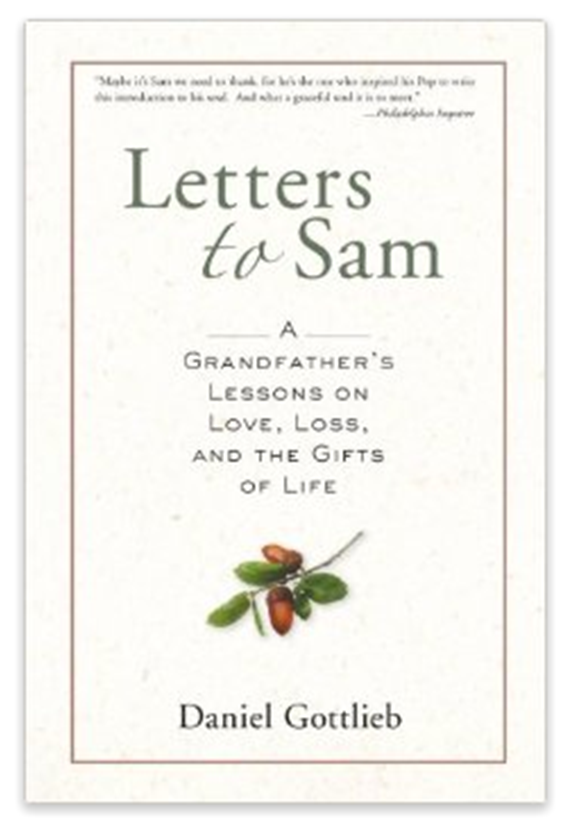 Attention and care for you on their part is becoming less and less. And you still grieve, and it seems that it will never end.
Attention and care for you on their part is becoming less and less. And you still grieve, and it seems that it will never end. 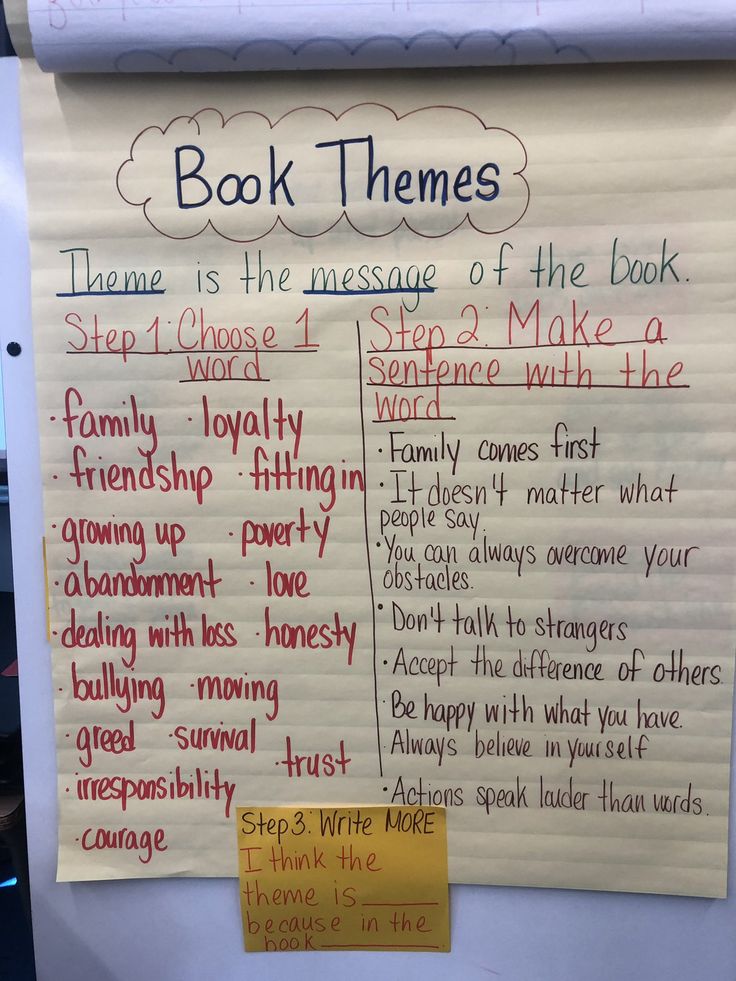 Someone will have to learn how to cook, someone will have to make decisions. This is especially difficult if earlier almost everything was decided for you, so do not hesitate to consult with authoritative people, turn to specialists.
Someone will have to learn how to cook, someone will have to make decisions. This is especially difficult if earlier almost everything was decided for you, so do not hesitate to consult with authoritative people, turn to specialists.
Resentments and emotions  Tears are a normal physiological reaction to pain, in this case, to mental pain. It's a kind of emotional release. After crying, a person may feel exhausted, overwhelmed and devastated, but it becomes easier for him. Know that you have the right to express your feelings and you don't have to make excuses for them. Be sure to explain to young children that your emotions are not caused by their behavior, but by grief for the deceased. If you hold back tears, the child may try to copy your behavior without understanding its reasons, and subsequently will hold back any of his emotions. Just like yourself, let the child cry for the dead if he wants to. Comfort him, talk to him, help him live his feelings.
Tears are a normal physiological reaction to pain, in this case, to mental pain. It's a kind of emotional release. After crying, a person may feel exhausted, overwhelmed and devastated, but it becomes easier for him. Know that you have the right to express your feelings and you don't have to make excuses for them. Be sure to explain to young children that your emotions are not caused by their behavior, but by grief for the deceased. If you hold back tears, the child may try to copy your behavior without understanding its reasons, and subsequently will hold back any of his emotions. Just like yourself, let the child cry for the dead if he wants to. Comfort him, talk to him, help him live his feelings.  About loss, about loneliness, about feelings, about fears... Do not be shy to appear weak, grief turns everyone into little helpless children for a while. Talk about the dead with God.
About loss, about loneliness, about feelings, about fears... Do not be shy to appear weak, grief turns everyone into little helpless children for a while. Talk about the dead with God. 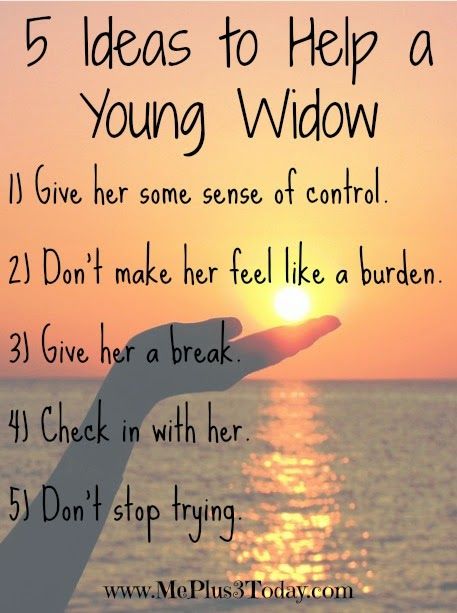 In the future, rely on what you are strong in, look for sources of support where you are not confident in yourself.
In the future, rely on what you are strong in, look for sources of support where you are not confident in yourself. 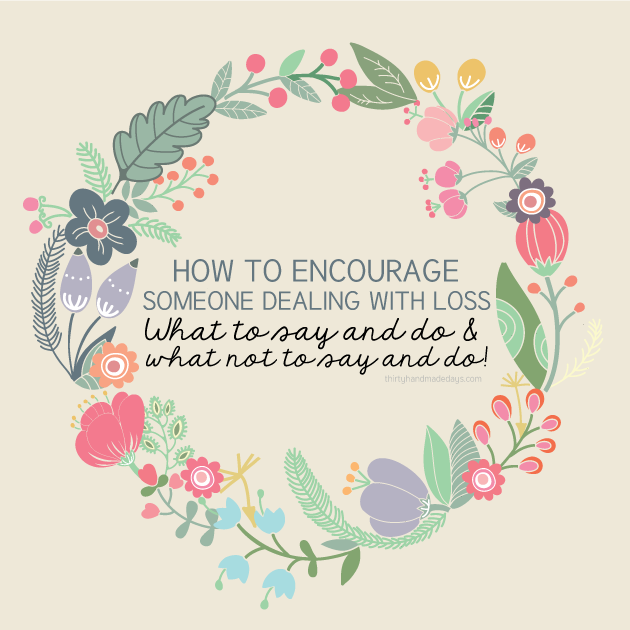 Place two jars side by side. Prepare a number of small multi-colored balls and small pieces of paper. When you remember the deceased kind and good - drop one ball into the jar. This will be your memory bank. If you remember some bleak incident, resentment, quarrel - write on a piece of paper what you remembered, literally one or two words, roll the sheet into a ball and put it in another jar. It will be a bank of your grievances. How long you will do this is up to you. When you realize that most of the warm and good memories are already "lying" in the memory bank, close it and put it where you see fit. Now all the bright memories are before your eyes. See how many there are. When new grievances no longer pop up in your memory, choose a day (perhaps it will be some date associated with the deceased) and burn paper balls - your grievances.
Place two jars side by side. Prepare a number of small multi-colored balls and small pieces of paper. When you remember the deceased kind and good - drop one ball into the jar. This will be your memory bank. If you remember some bleak incident, resentment, quarrel - write on a piece of paper what you remembered, literally one or two words, roll the sheet into a ball and put it in another jar. It will be a bank of your grievances. How long you will do this is up to you. When you realize that most of the warm and good memories are already "lying" in the memory bank, close it and put it where you see fit. Now all the bright memories are before your eyes. See how many there are. When new grievances no longer pop up in your memory, choose a day (perhaps it will be some date associated with the deceased) and burn paper balls - your grievances.  Trust your family and listen to yourself at the same time.
Trust your family and listen to yourself at the same time. Fear
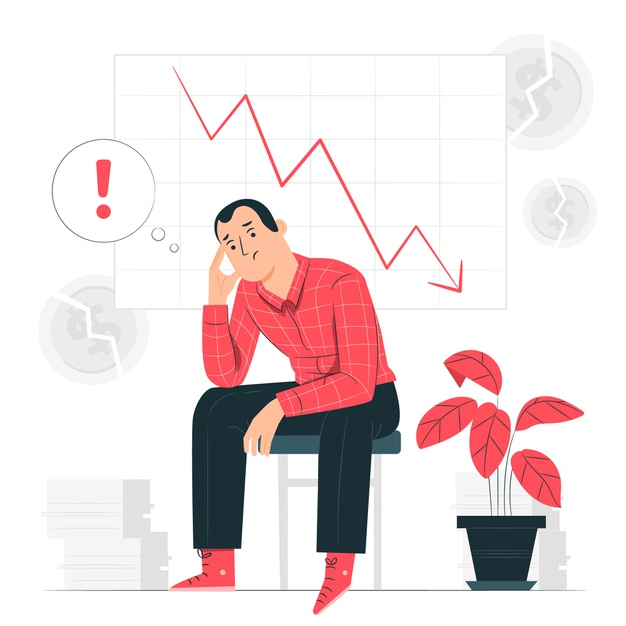
 Nape and neck area. Back. The abdomen and groin. Feel all these parts of the body. Carefully, slowly. Then look around again.
Nape and neck area. Back. The abdomen and groin. Feel all these parts of the body. Carefully, slowly. Then look around again. Physiology
 Such tension can cause sleep disturbance, which, in turn, leads to respiratory disorders, pressure surges, and heart disease. Muscle clamps are best relieved by massage - and this is not a whim, this is a necessity! If you have previously had experience in body relaxation, then you can return to it now, if not, it is better not to start without the help of a specialist. Don't ignore your body's needs.
Such tension can cause sleep disturbance, which, in turn, leads to respiratory disorders, pressure surges, and heart disease. Muscle clamps are best relieved by massage - and this is not a whim, this is a necessity! If you have previously had experience in body relaxation, then you can return to it now, if not, it is better not to start without the help of a specialist. Don't ignore your body's needs.  Allow yourself to reduce stress , remember that stress has a negative impact on all areas of life. Get more rest. Evaluate what kind of rest is better - active or passive. Don't be afraid to show weakness and don't feel guilty about it. You will return to your usual rhythm when you can, but for now, just take care of yourself.
Allow yourself to reduce stress , remember that stress has a negative impact on all areas of life. Get more rest. Evaluate what kind of rest is better - active or passive. Don't be afraid to show weakness and don't feel guilty about it. You will return to your usual rhythm when you can, but for now, just take care of yourself.  I was later told that when the family received the things and the boy tried them on, the parents cried with happiness, because they themselves would never have bought such good things. I asked the boy's name. It turned out Misha, like my son. Here is such a miracle. I immediately felt remarkably calm. For a while, of course. And I couldn’t part with the most expensive and memorable things and I don’t want to. I take care of them.
I was later told that when the family received the things and the boy tried them on, the parents cried with happiness, because they themselves would never have bought such good things. I asked the boy's name. It turned out Misha, like my son. Here is such a miracle. I immediately felt remarkably calm. For a while, of course. And I couldn’t part with the most expensive and memorable things and I don’t want to. I take care of them. Healing tears

 It's a delusion. Previously, people did not fence themselves off from crying. The dead were mourned by the whole village, and these traditions were based on many years of folk wisdom. It was considered perfectly normal to pour out your pain with bitter tears. Then it would never have occurred to anyone to say to the mourner: “Don’t cry!” And now you hear it very often. The main reason for such attempts at “consolation” lies in the fact that there is a pattern in our minds: if a person cries, it means that he is in pain. I stopped shedding tears - the sadness was gone. But it's not.
It's a delusion. Previously, people did not fence themselves off from crying. The dead were mourned by the whole village, and these traditions were based on many years of folk wisdom. It was considered perfectly normal to pour out your pain with bitter tears. Then it would never have occurred to anyone to say to the mourner: “Don’t cry!” And now you hear it very often. The main reason for such attempts at “consolation” lies in the fact that there is a pattern in our minds: if a person cries, it means that he is in pain. I stopped shedding tears - the sadness was gone. But it's not.  It is difficult to imagine what unexpected consequences this will turn out to be, but it is clear that the body of the grieving person in such cases experiences great overload, and an emotional breakdown can happen at any moment. The conflict between the need to express one's feelings and the fear of expressing them leads to neurosis and depression.
It is difficult to imagine what unexpected consequences this will turn out to be, but it is clear that the body of the grieving person in such cases experiences great overload, and an emotional breakdown can happen at any moment. The conflict between the need to express one's feelings and the fear of expressing them leads to neurosis and depression. 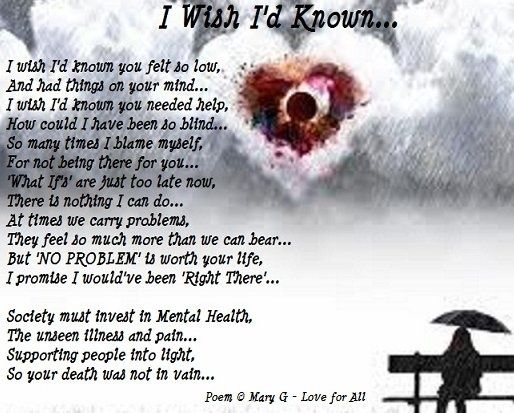 The only question is whether colleagues will be able to be tactful and attentive, whether they will give a person as much time as he needs to recover from the tragedy. Unfortunately, many are only enough for a few words of sympathy, and then someone else's grief begins to oppress them. What can be advised here? While you are genuinely empathized, share your pain. But even if there is no support around, you can hide the tears, but you don’t need to hold them back. There is always an option - to retire and cry. At the same time, do not be offended by those who do not sympathize with your grief, treat this with understanding and patience.
The only question is whether colleagues will be able to be tactful and attentive, whether they will give a person as much time as he needs to recover from the tragedy. Unfortunately, many are only enough for a few words of sympathy, and then someone else's grief begins to oppress them. What can be advised here? While you are genuinely empathized, share your pain. But even if there is no support around, you can hide the tears, but you don’t need to hold them back. There is always an option - to retire and cry. At the same time, do not be offended by those who do not sympathize with your grief, treat this with understanding and patience.  Also in these situations, any creativity helps a lot.
Also in these situations, any creativity helps a lot.  But despite this, a man also needs help when grief befalls him. Advise him not to be ashamed of his tears and to cry when he feels like it. Because it's so natural! If the grieving person is numb and cannot express his pain, you need to help him burst into tears. However, it is worth remembering that only cleansing tears are beneficial and healing for us, after which we feel relief. When a person, like a whirlpool, is sucked in by grief and despondency, tears from healing become harmful.
But despite this, a man also needs help when grief befalls him. Advise him not to be ashamed of his tears and to cry when he feels like it. Because it's so natural! If the grieving person is numb and cannot express his pain, you need to help him burst into tears. However, it is worth remembering that only cleansing tears are beneficial and healing for us, after which we feel relief. When a person, like a whirlpool, is sucked in by grief and despondency, tears from healing become harmful. 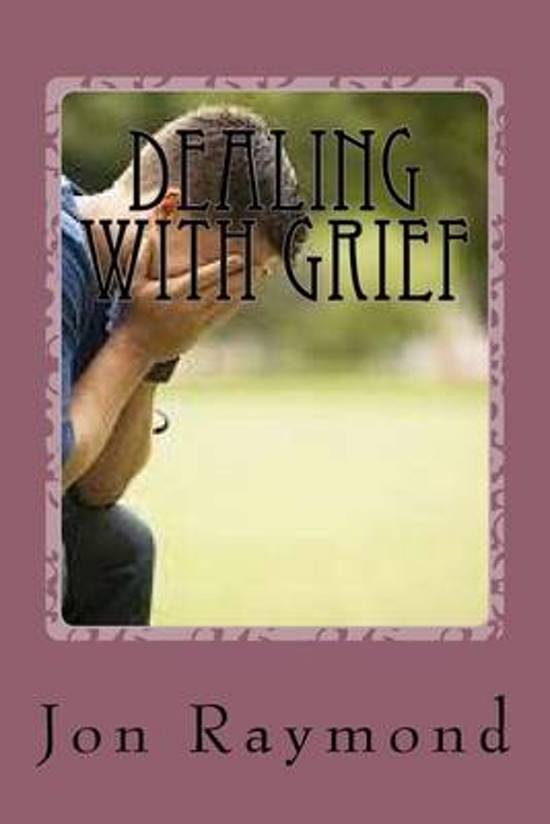 No matter how unbearable grief is, do not drive yourself into despondency and sadness. Remember that the cause of despair lies in the person himself - in how he perceives what is happening to him, from where he draws strength to overcome the difficult path and whether he draws them at all.
No matter how unbearable grief is, do not drive yourself into despondency and sadness. Remember that the cause of despair lies in the person himself - in how he perceives what is happening to him, from where he draws strength to overcome the difficult path and whether he draws them at all. 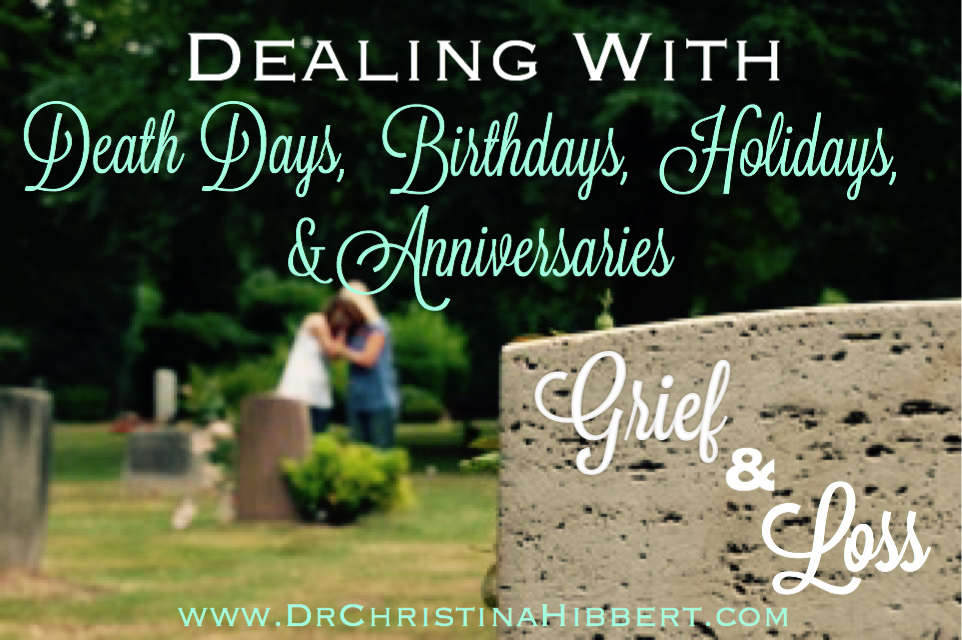 After that, it became a little easier to breathe.
After that, it became a little easier to breathe.  And she began to feel like a lonely warrior whose goal is to win. Against all odds.
And she began to feel like a lonely warrior whose goal is to win. Against all odds. Do not look for guilt in the death of a loved one
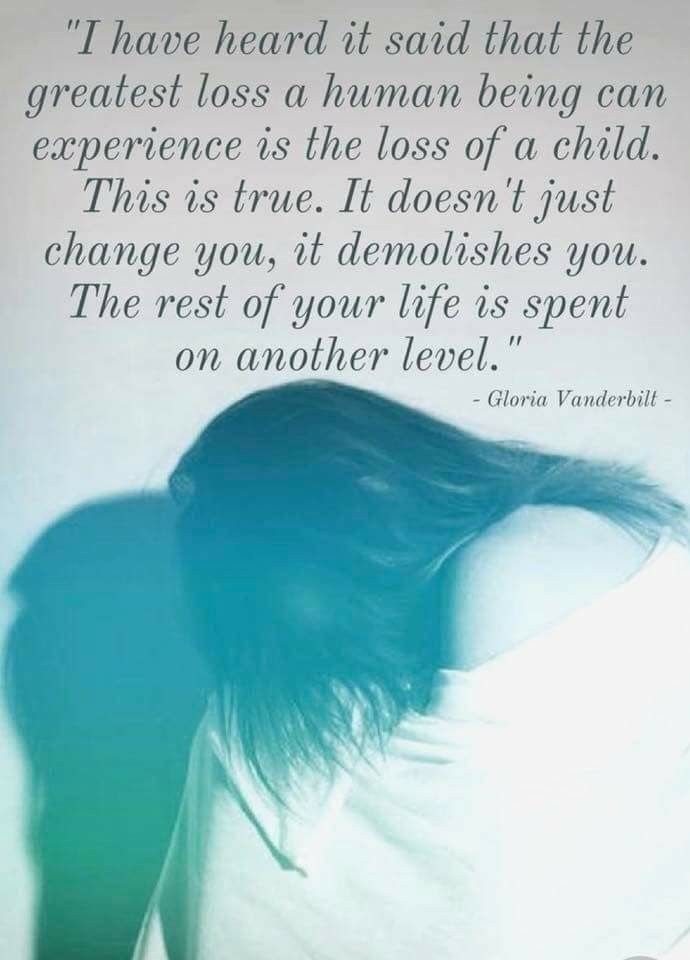 In the soul of a person, acceptance of what happened struggles with denial, which is why he comes up with endless options for the development of events that would not lead to a tragic outcome.
In the soul of a person, acceptance of what happened struggles with denial, which is why he comes up with endless options for the development of events that would not lead to a tragic outcome.  This is similar to the so-called "magical" thinking, which is very developed in children, and in adults it manifests itself in critical situations. Sometimes those experiencing the death of a loved one may believe that their bad attitude towards him (nitpicking, discontent, rudeness, etc.) provoked his illness and subsequent death. And if they still happen to hear from someone a reproach like “it was you who drove him to the grave,” then the severity of guilt increases.
This is similar to the so-called "magical" thinking, which is very developed in children, and in adults it manifests itself in critical situations. Sometimes those experiencing the death of a loved one may believe that their bad attitude towards him (nitpicking, discontent, rudeness, etc.) provoked his illness and subsequent death. And if they still happen to hear from someone a reproach like “it was you who drove him to the grave,” then the severity of guilt increases. 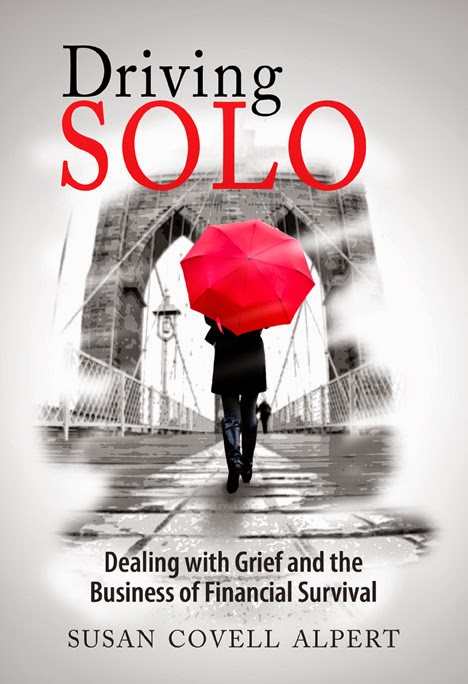 These people suffer the most from guilt and do not understand that this is just the other side of their self-destructive egocentrism.
These people suffer the most from guilt and do not understand that this is just the other side of their self-destructive egocentrism. 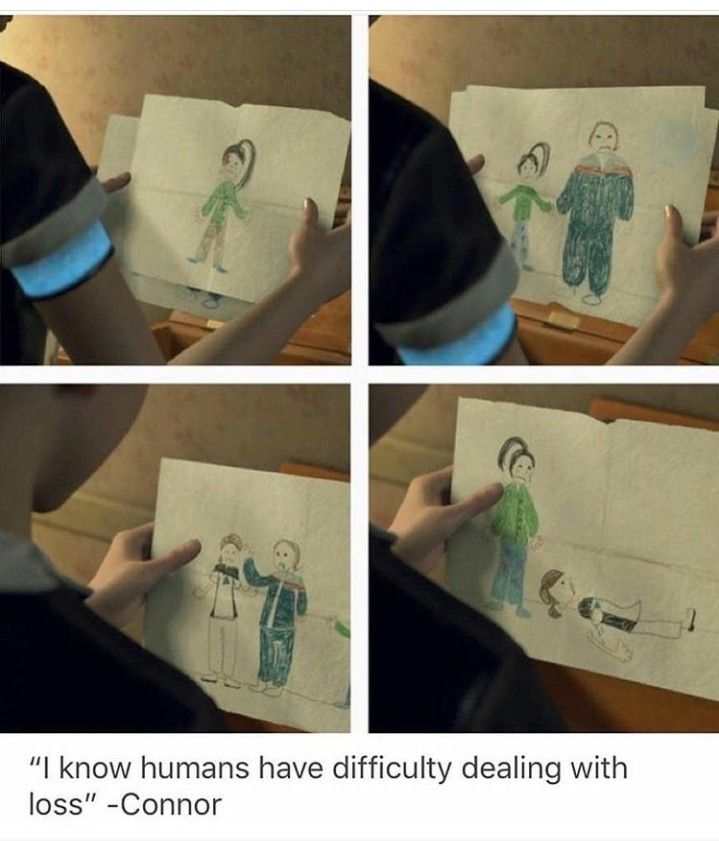 However, in this case, a feeling of relief is a completely expected reaction.
However, in this case, a feeling of relief is a completely expected reaction.  It seems to them that this indicates their indifference - and this, in turn, causes a feeling of guilt. But the degree of love and the strength of sorrow are not identical things at all.
It seems to them that this indicates their indifference - and this, in turn, causes a feeling of guilt. But the degree of love and the strength of sorrow are not identical things at all.  A person can see an ordinary dream (for example, how he talks with the dead), but he will give it a special meaning. Don't believe in omens! In a state of grief, a person easily succumbs to temptations. Remember this and try to keep a sober mind.
A person can see an ordinary dream (for example, how he talks with the dead), but he will give it a special meaning. Don't believe in omens! In a state of grief, a person easily succumbs to temptations. Remember this and try to keep a sober mind. 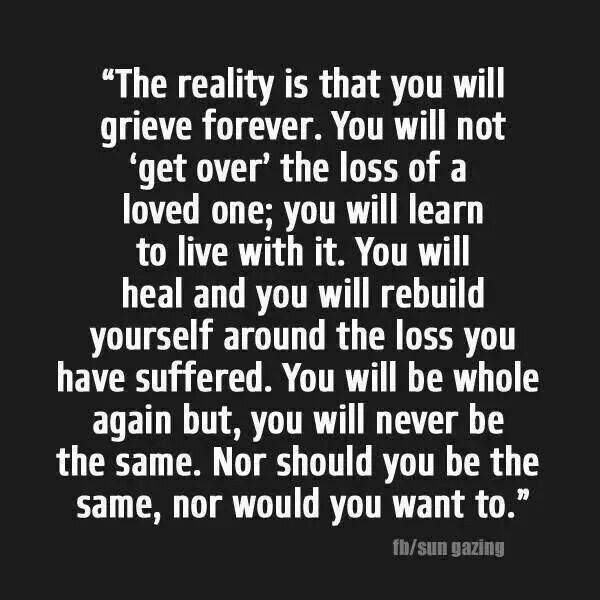
 It is necessary to distinguish a fruitless feeling of guilt from the voice of conscience.
It is necessary to distinguish a fruitless feeling of guilt from the voice of conscience.  If you want to atone for the deceased, change your life. Try to live at least a little as the gospel teaches. And the strongest support for the soul of the deceased is prayer. And, again, there is no point in constant self-reproach. We should try to regain the lost joy of life, and not fence ourselves off from it. Instead of tormenting yourself with accusations, it is better to honor the memory of a loved one in your heart and, having accepted what happened, live on.
If you want to atone for the deceased, change your life. Try to live at least a little as the gospel teaches. And the strongest support for the soul of the deceased is prayer. And, again, there is no point in constant self-reproach. We should try to regain the lost joy of life, and not fence ourselves off from it. Instead of tormenting yourself with accusations, it is better to honor the memory of a loved one in your heart and, having accepted what happened, live on. 